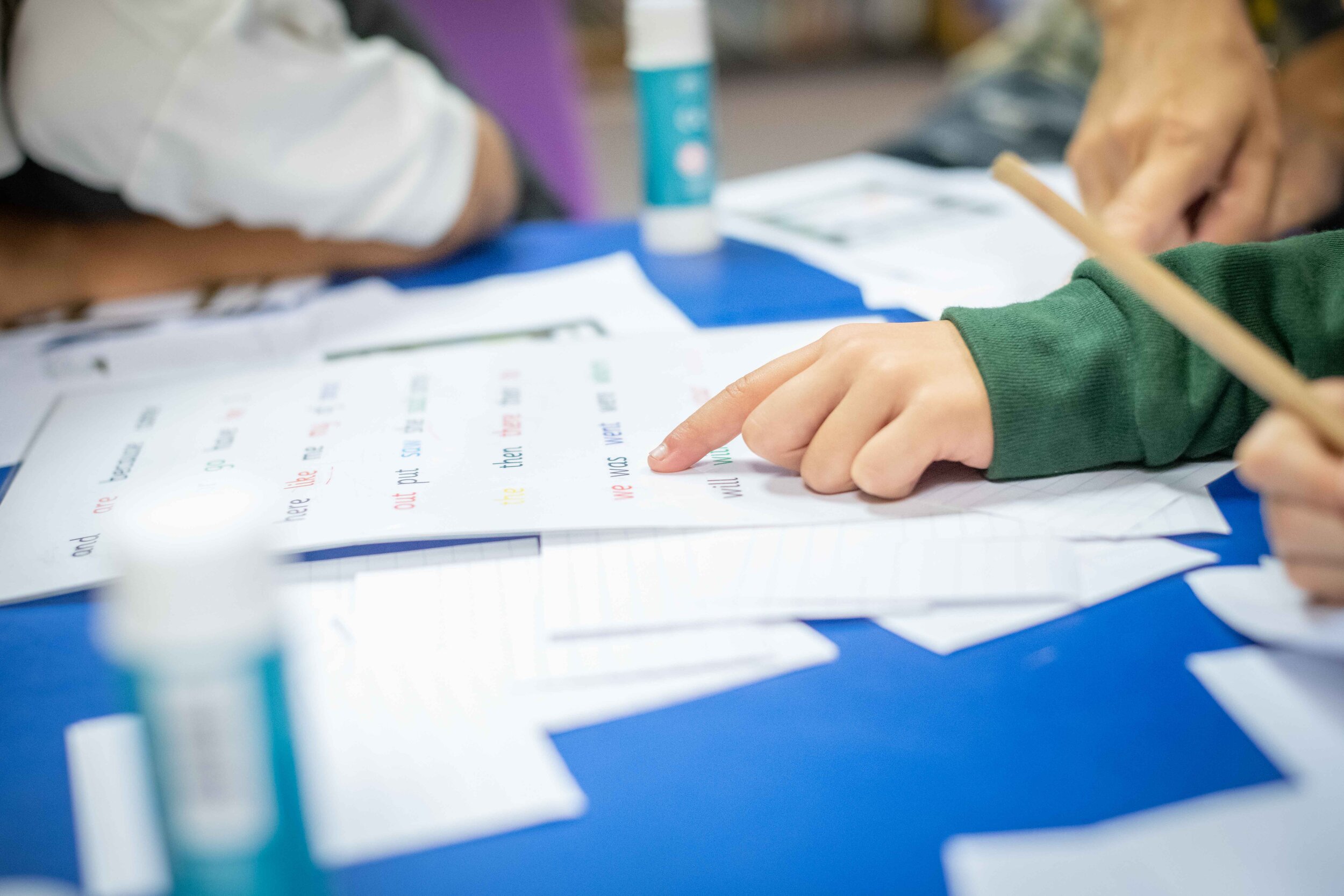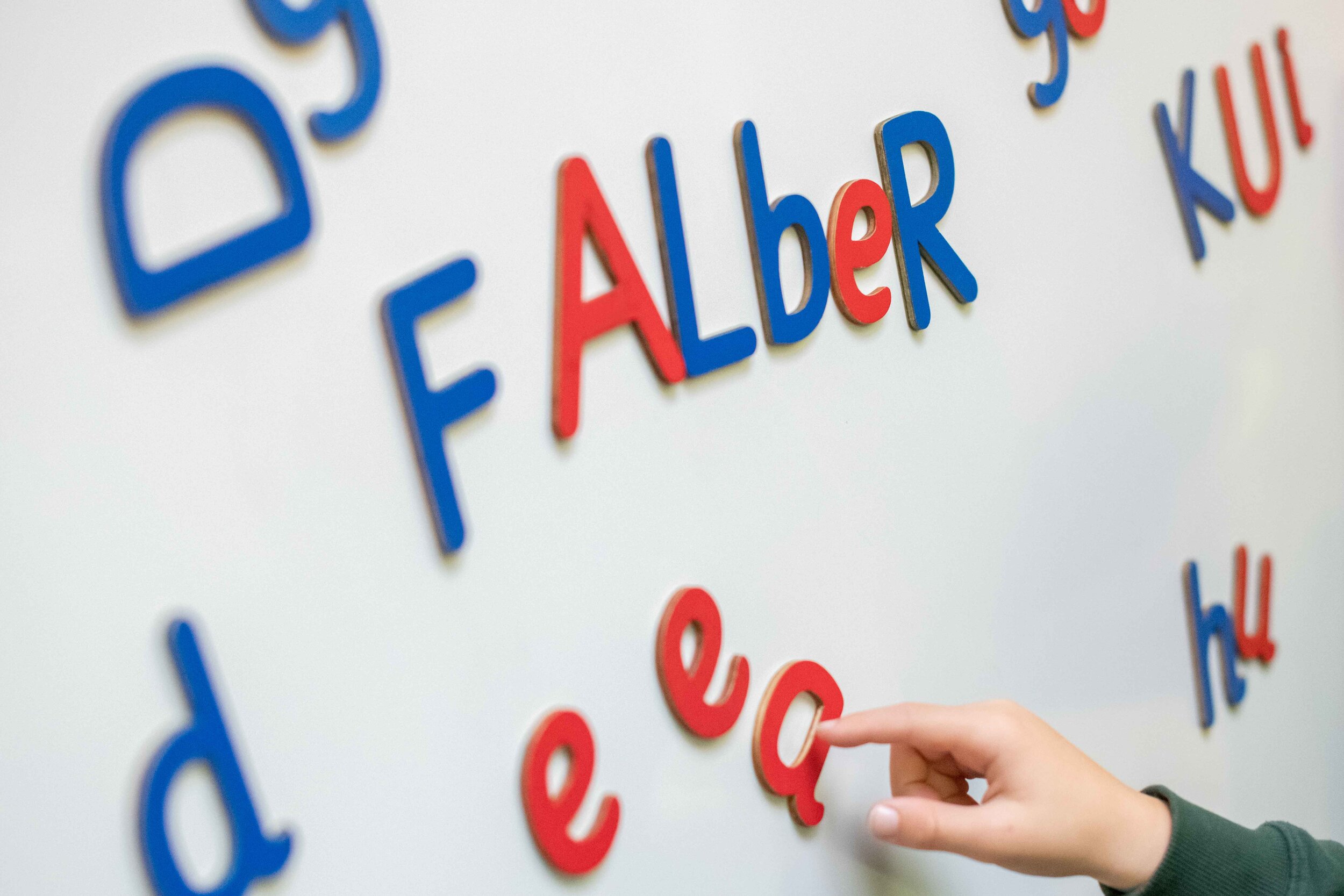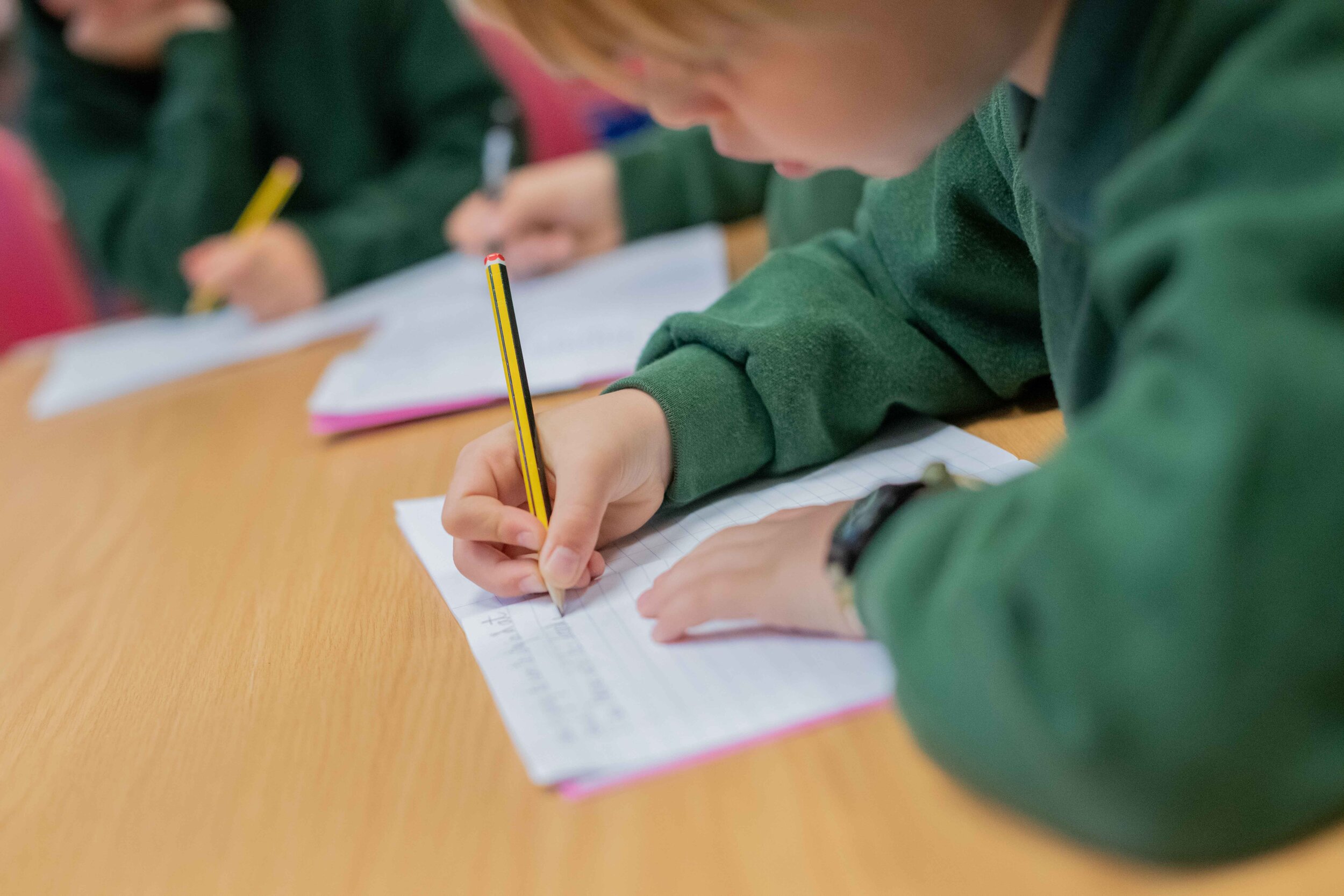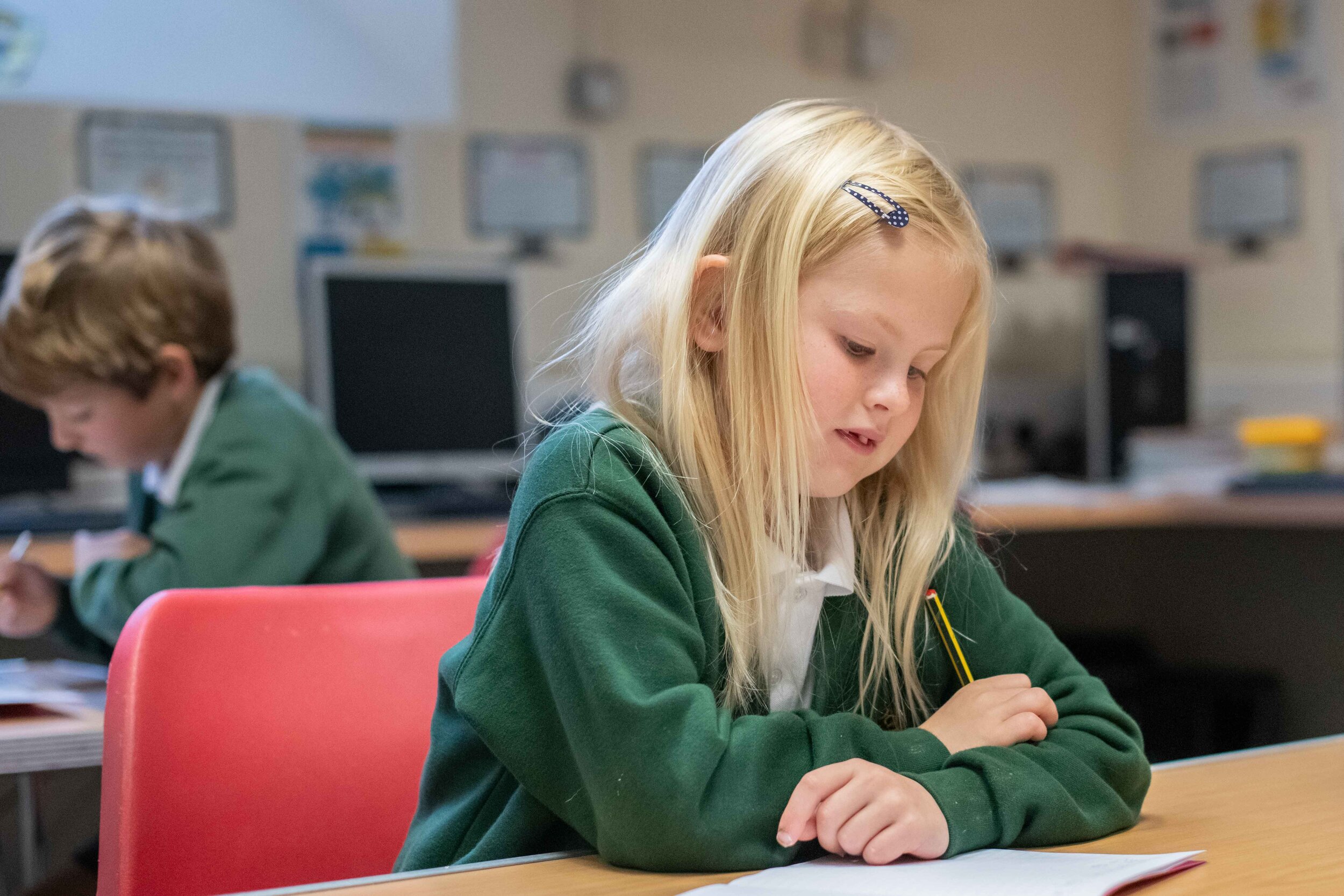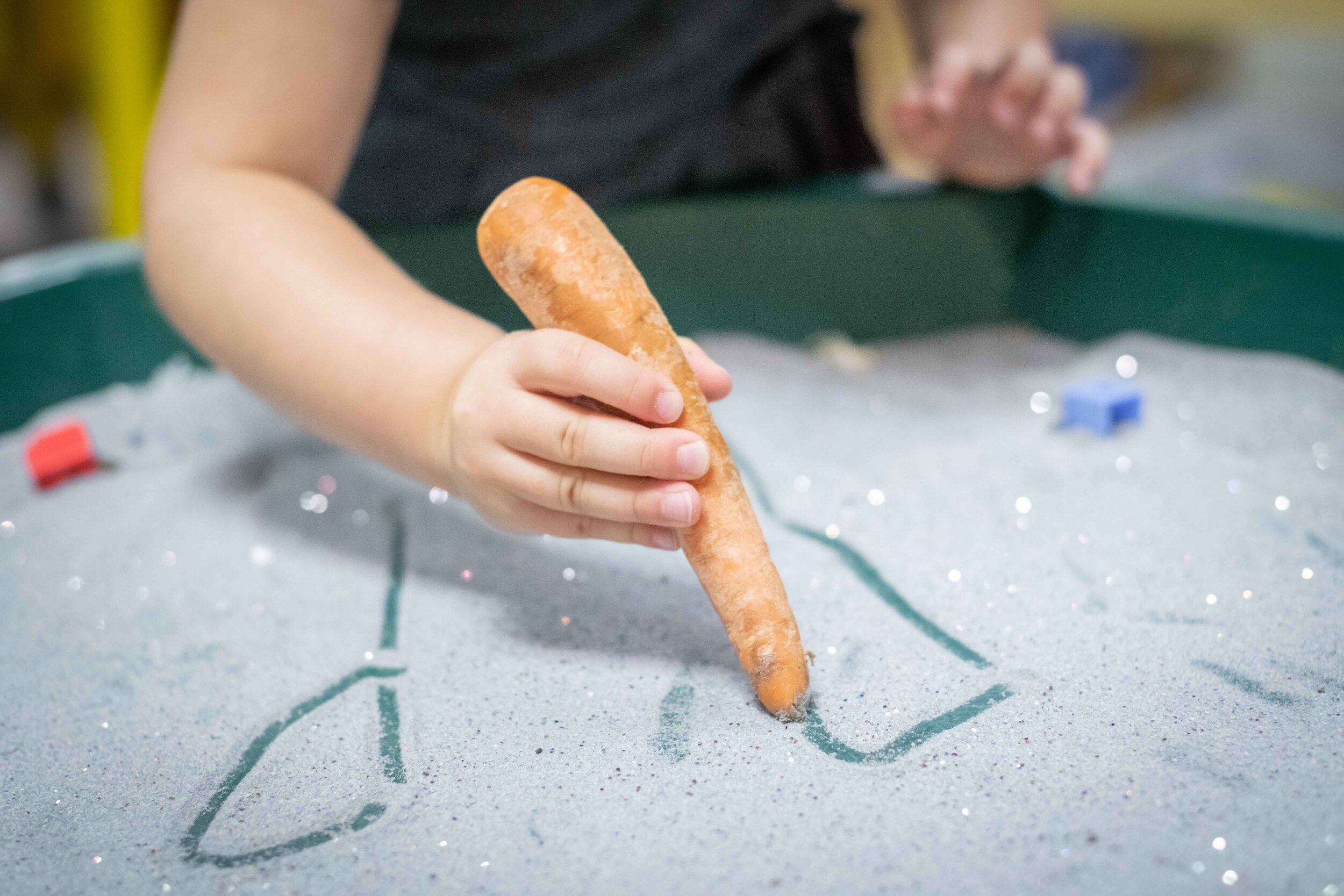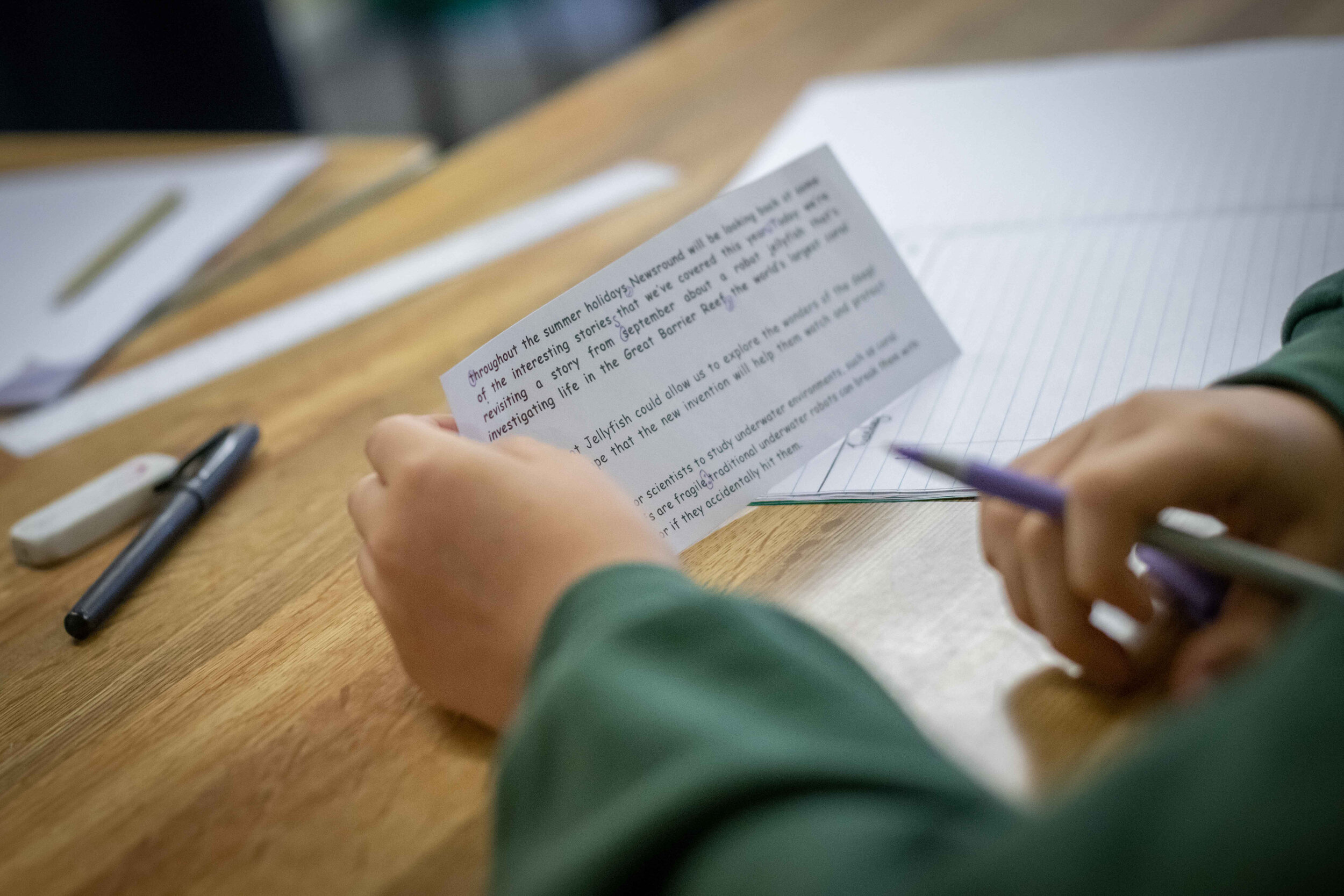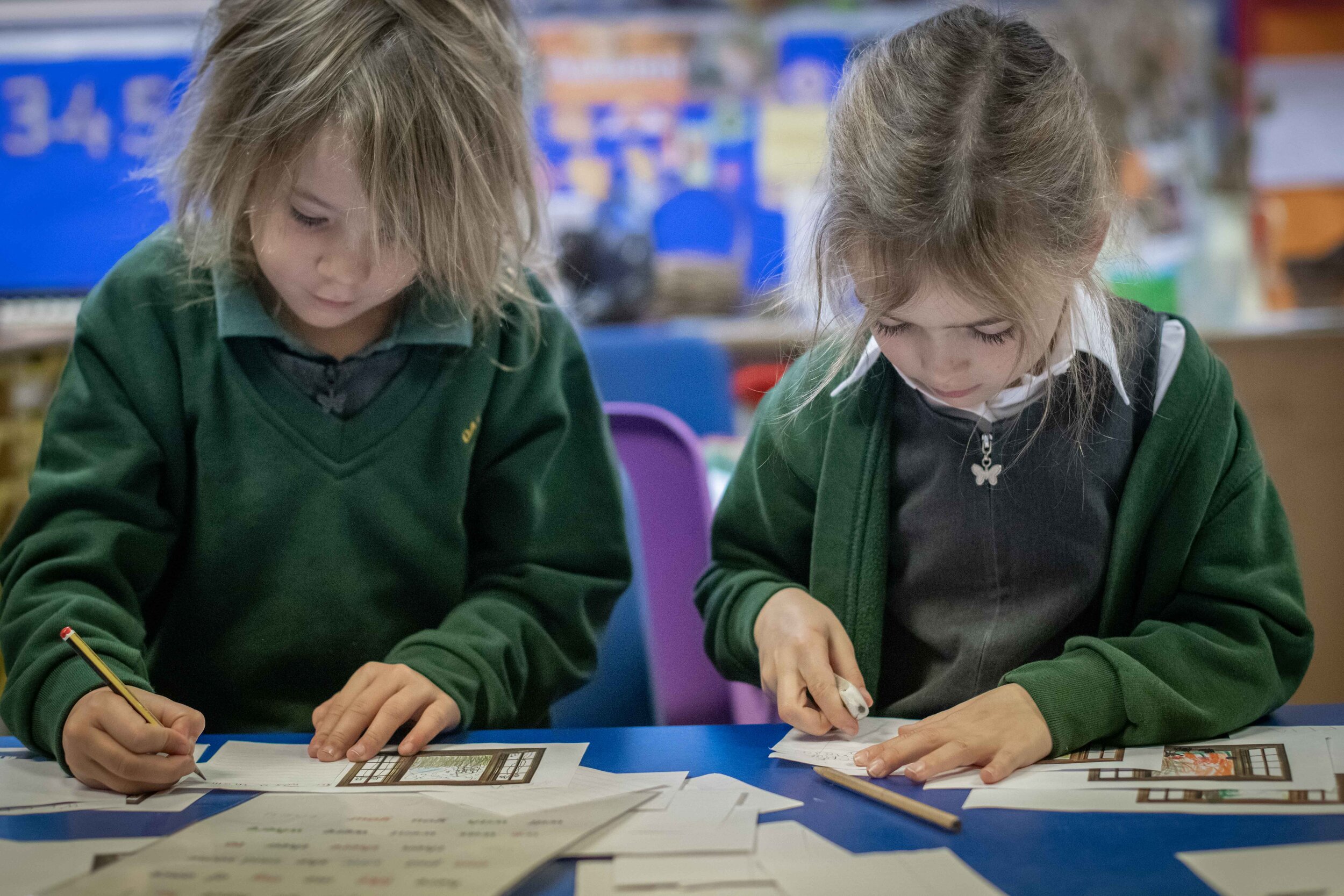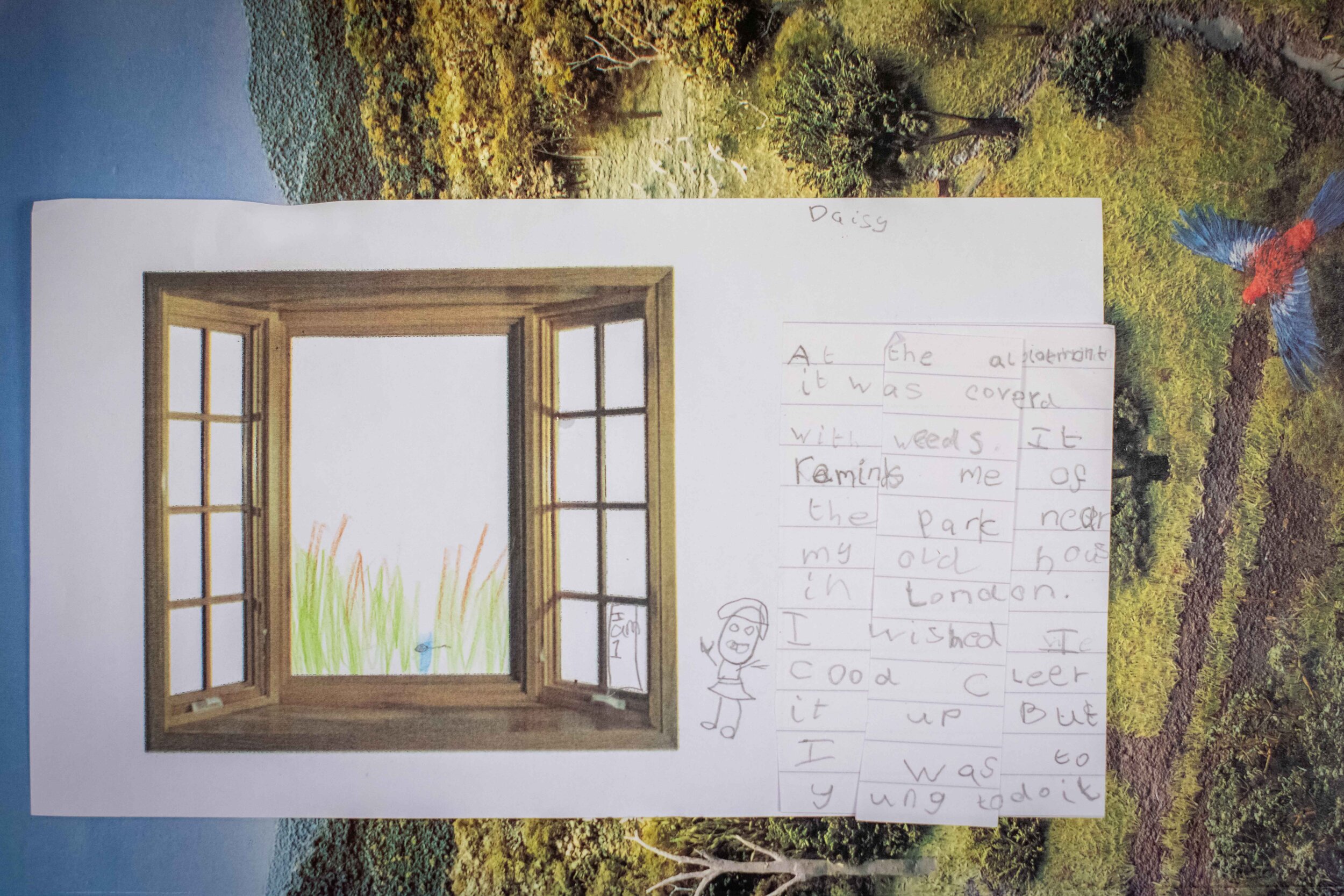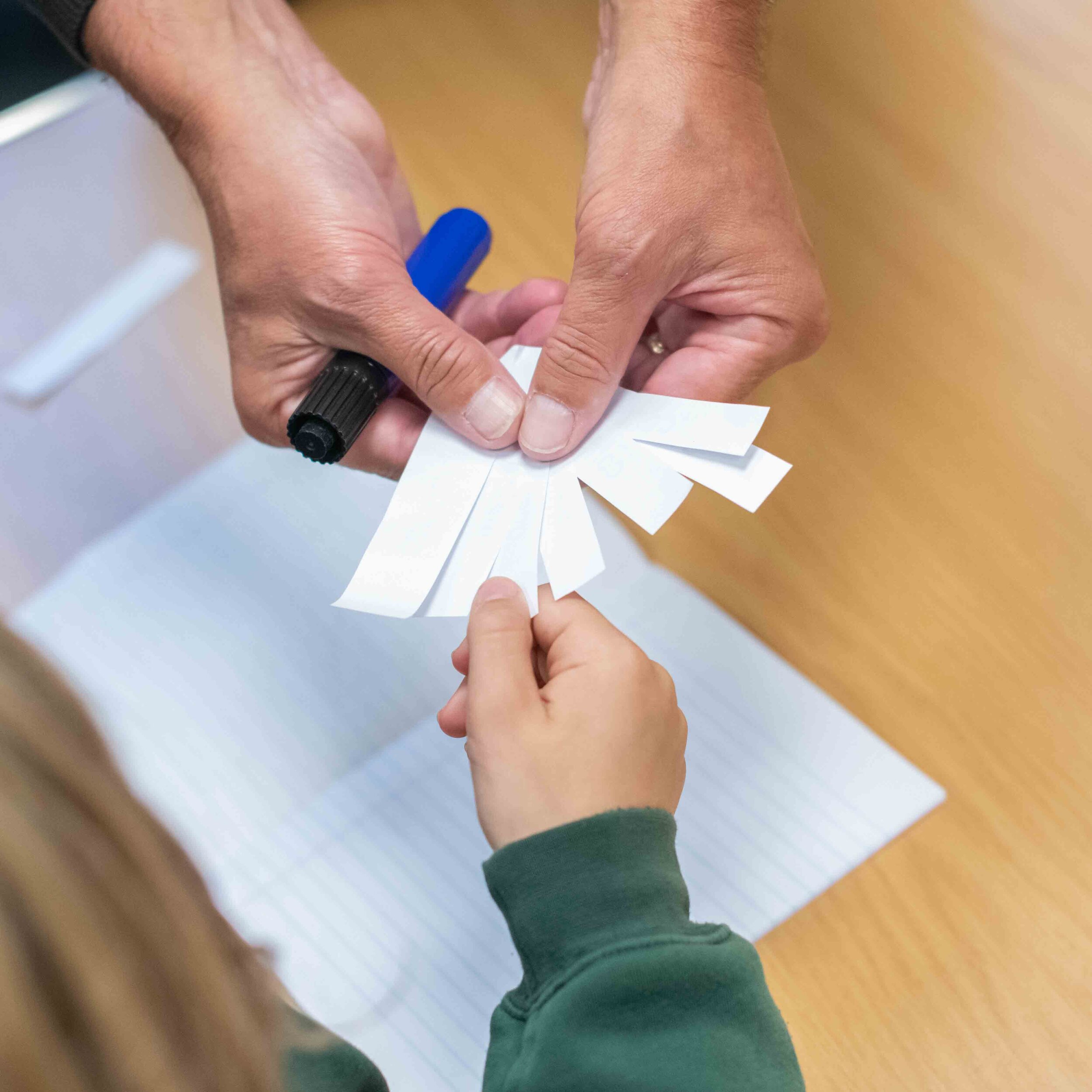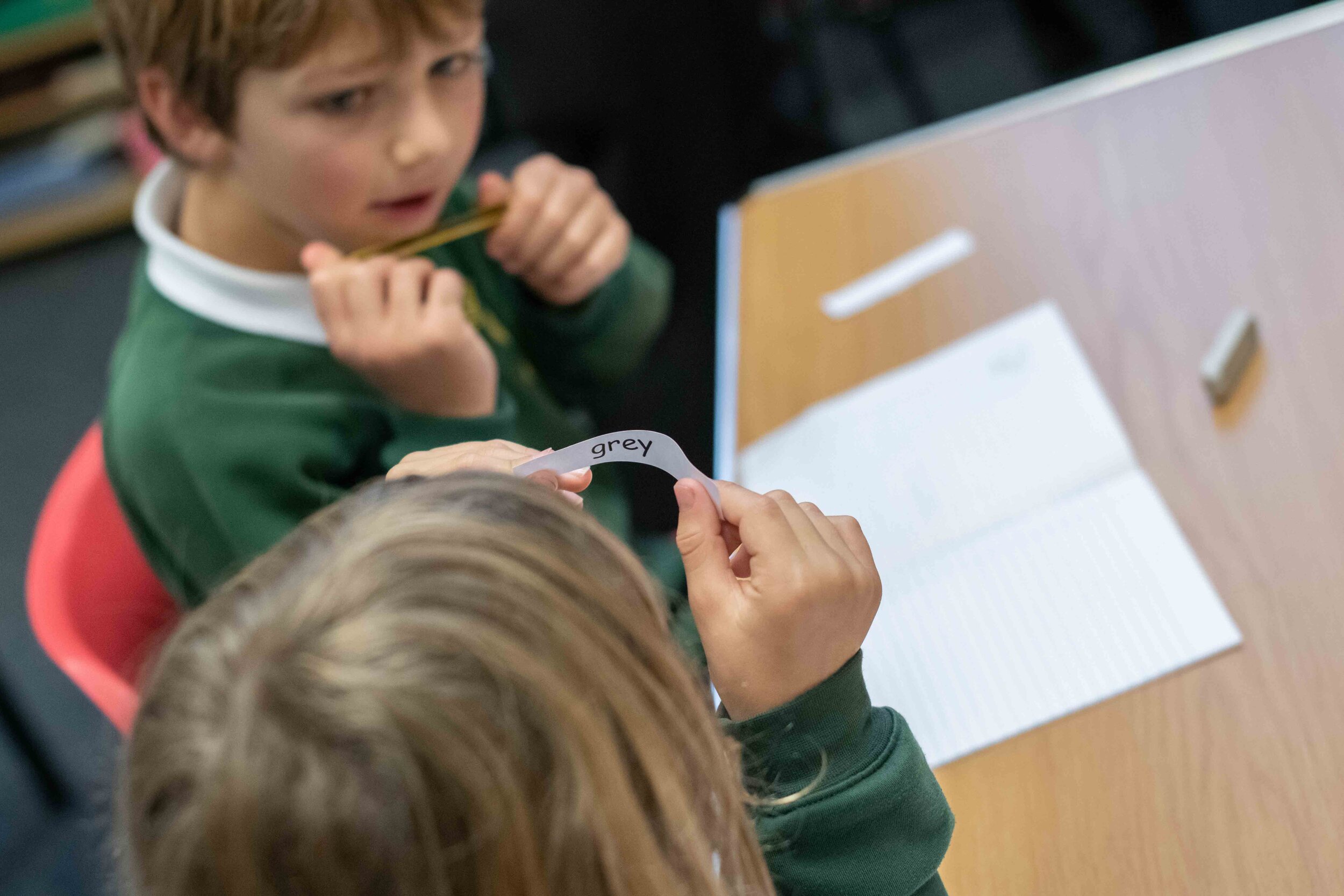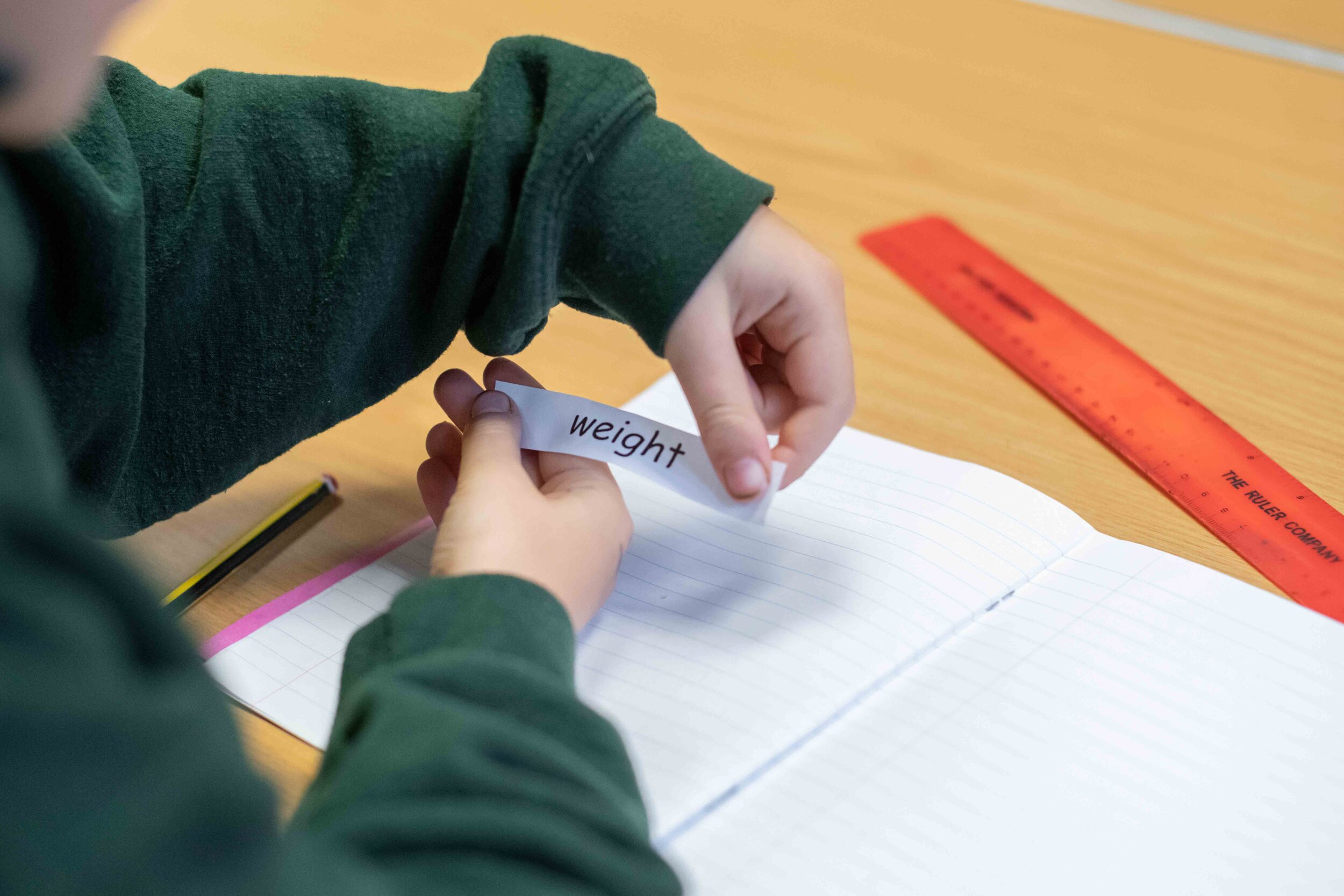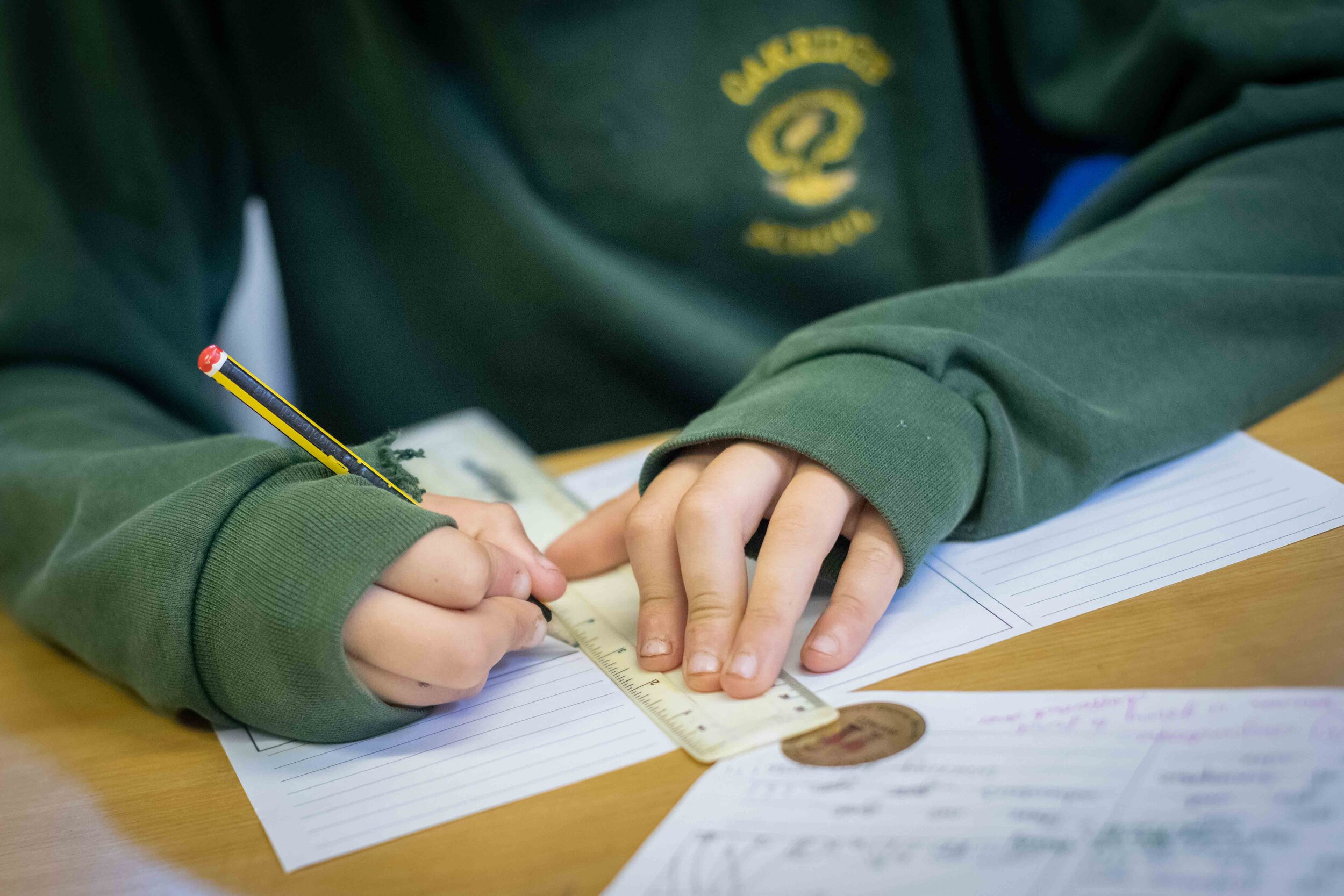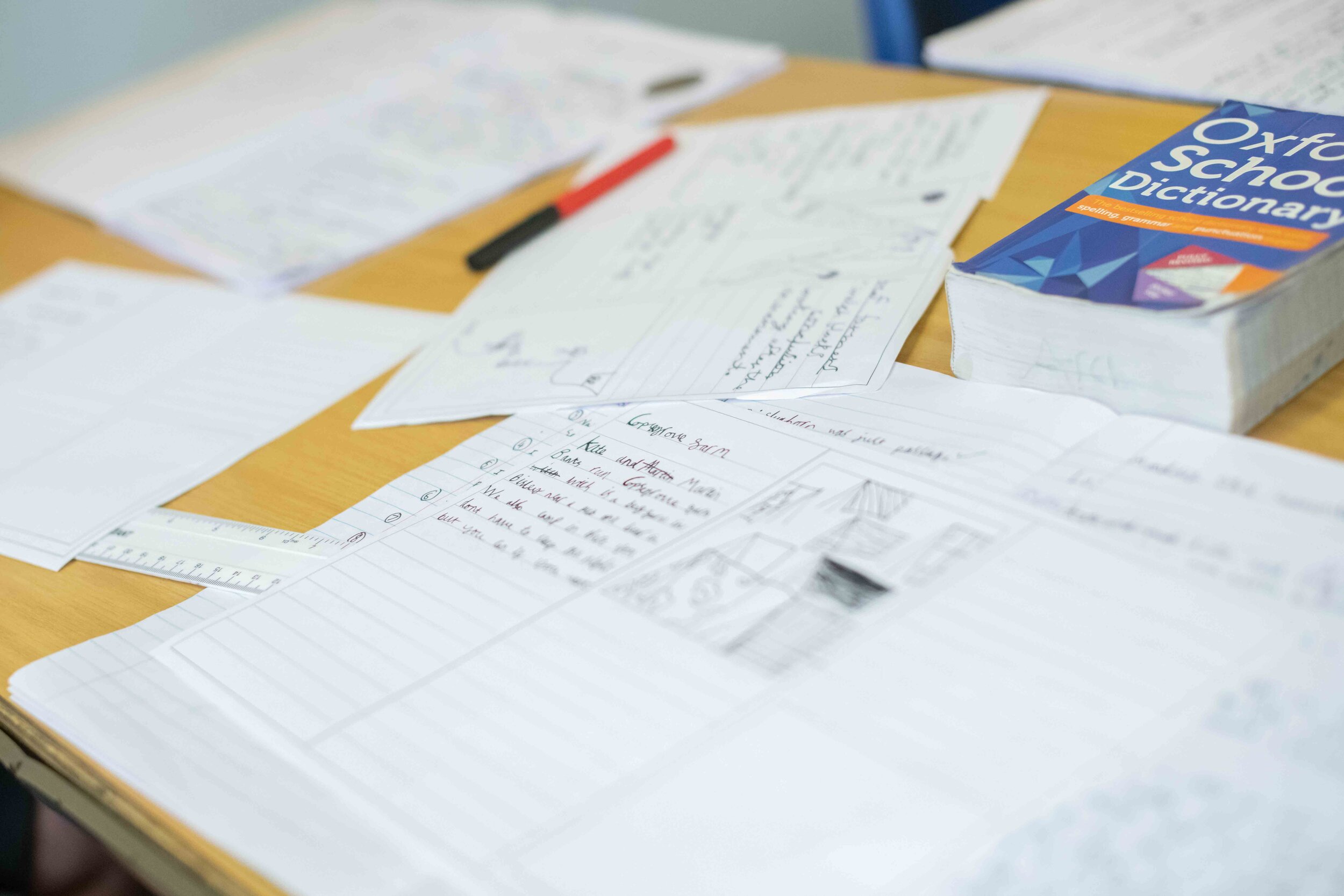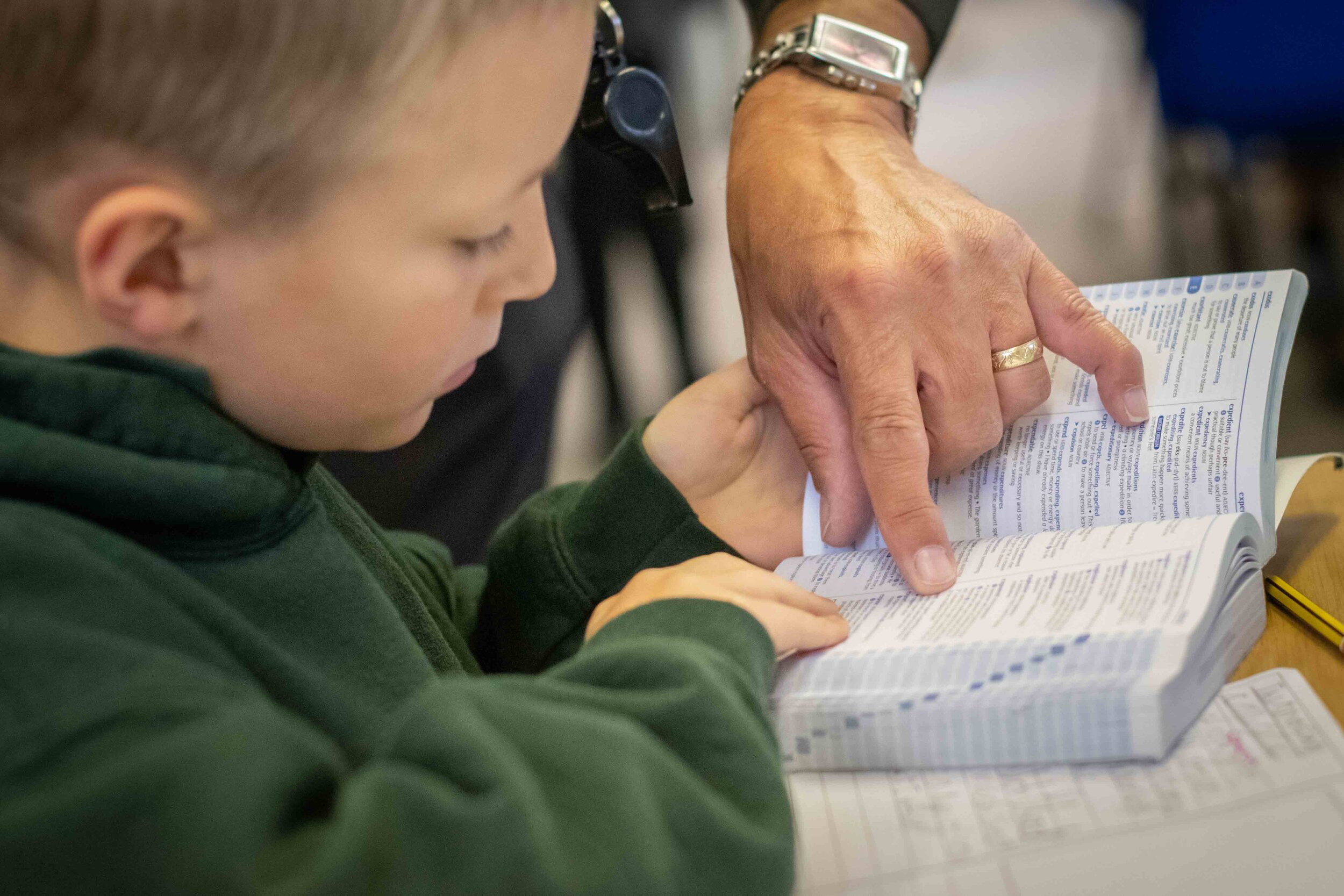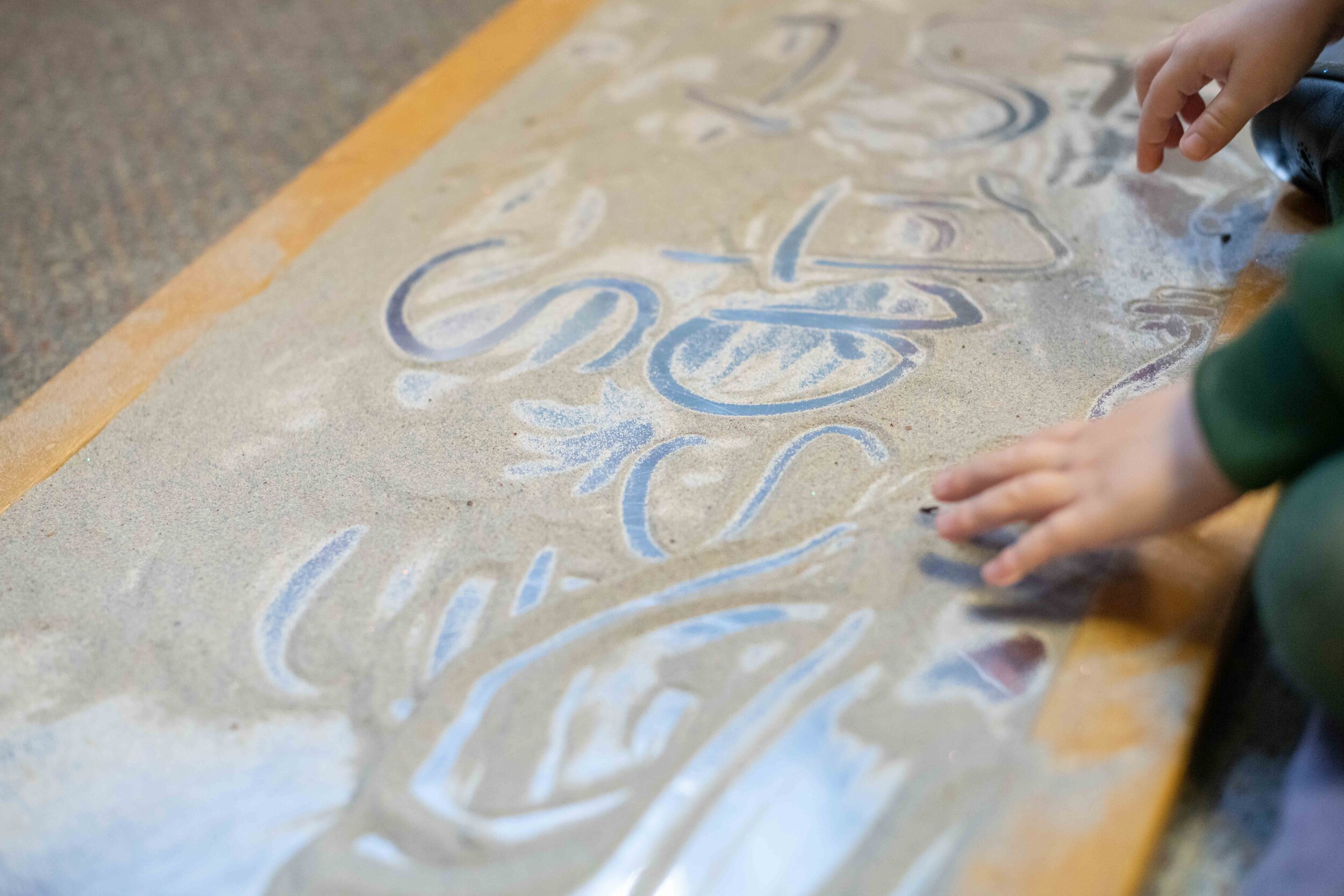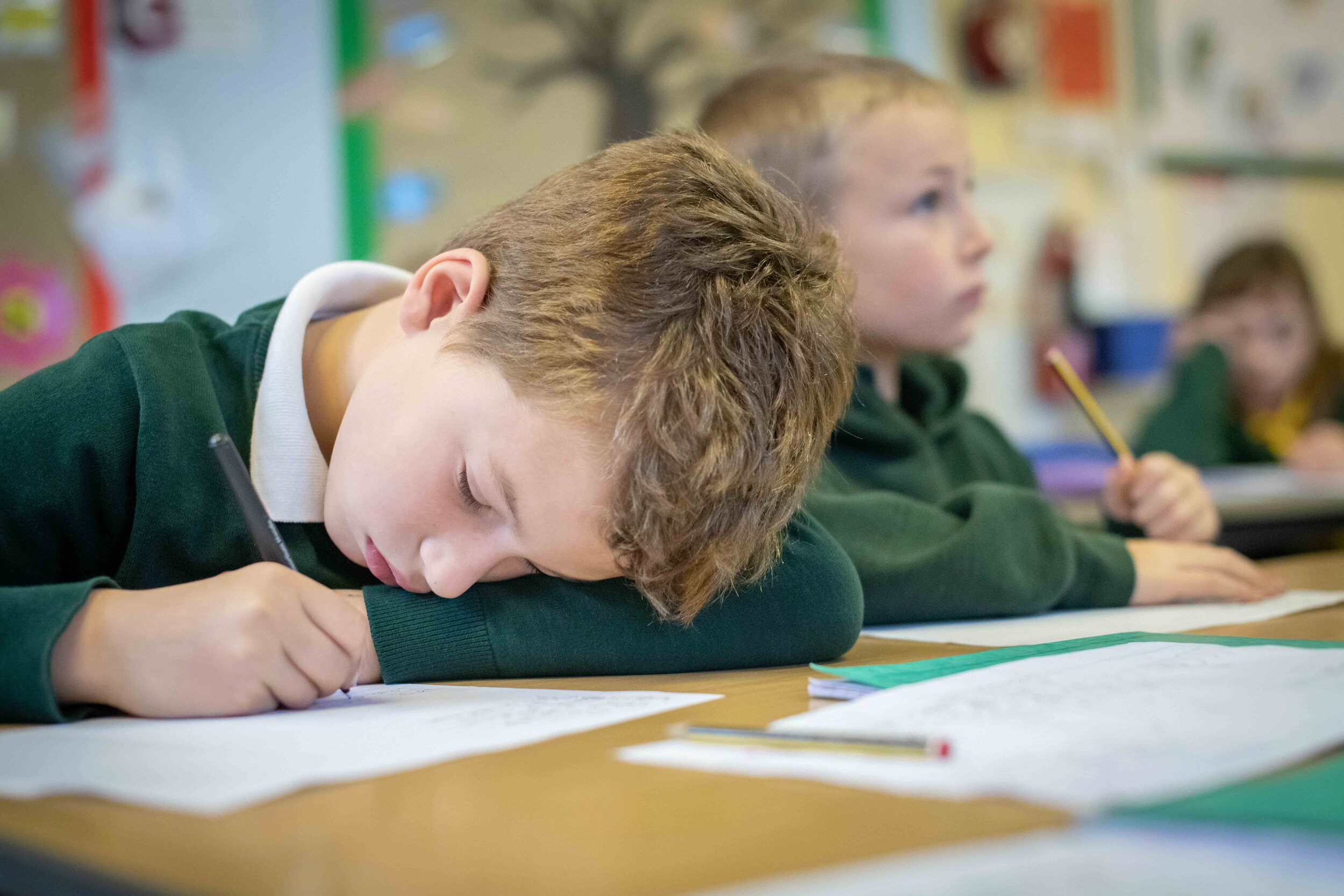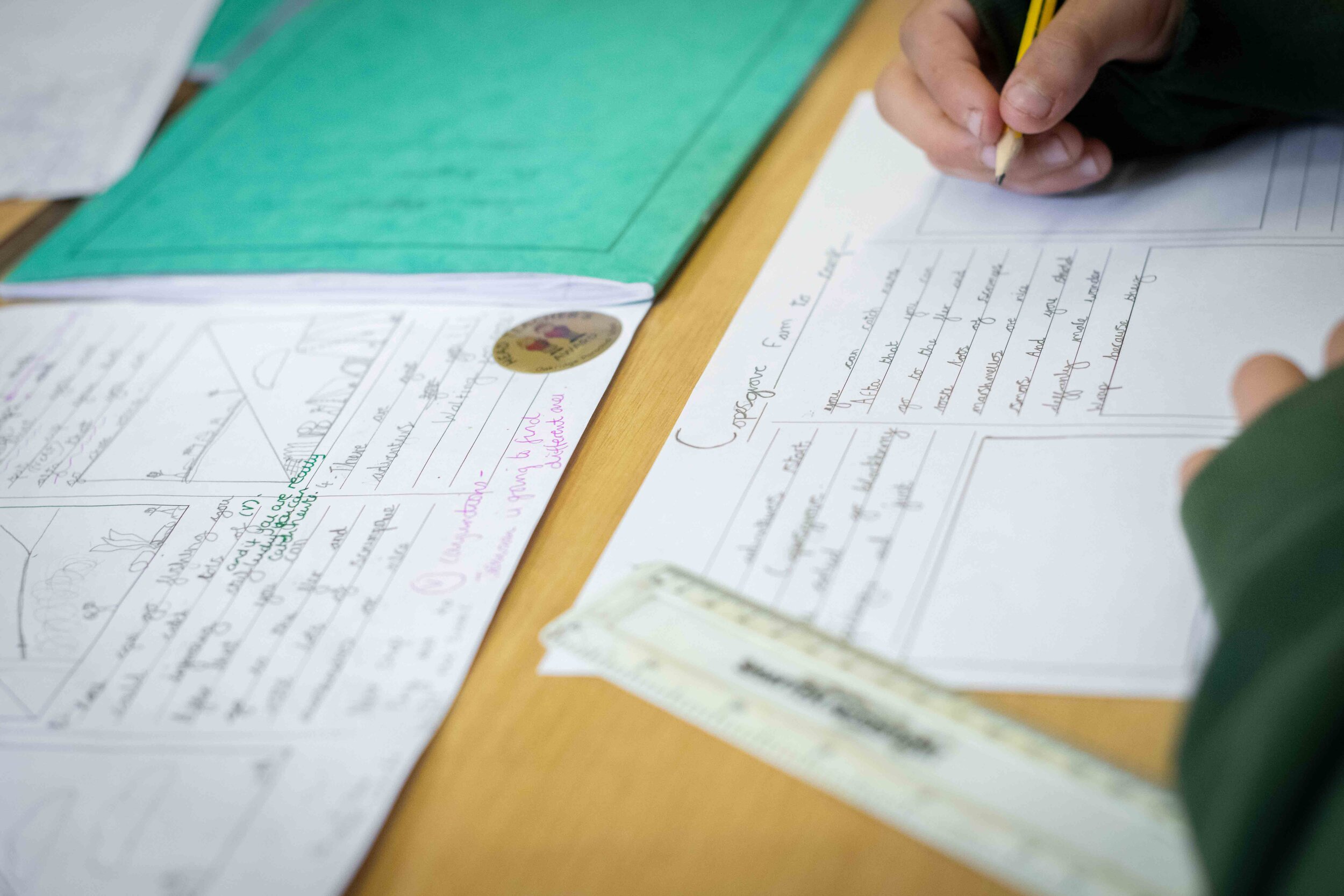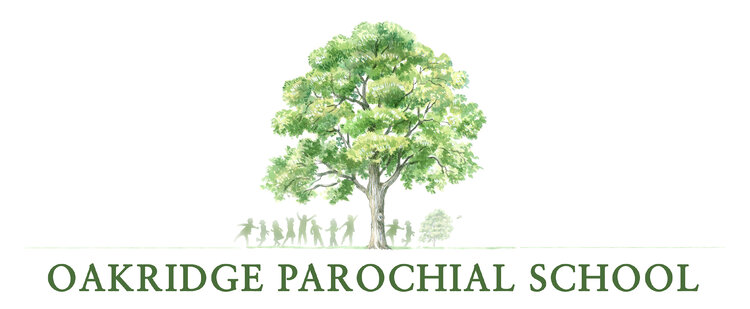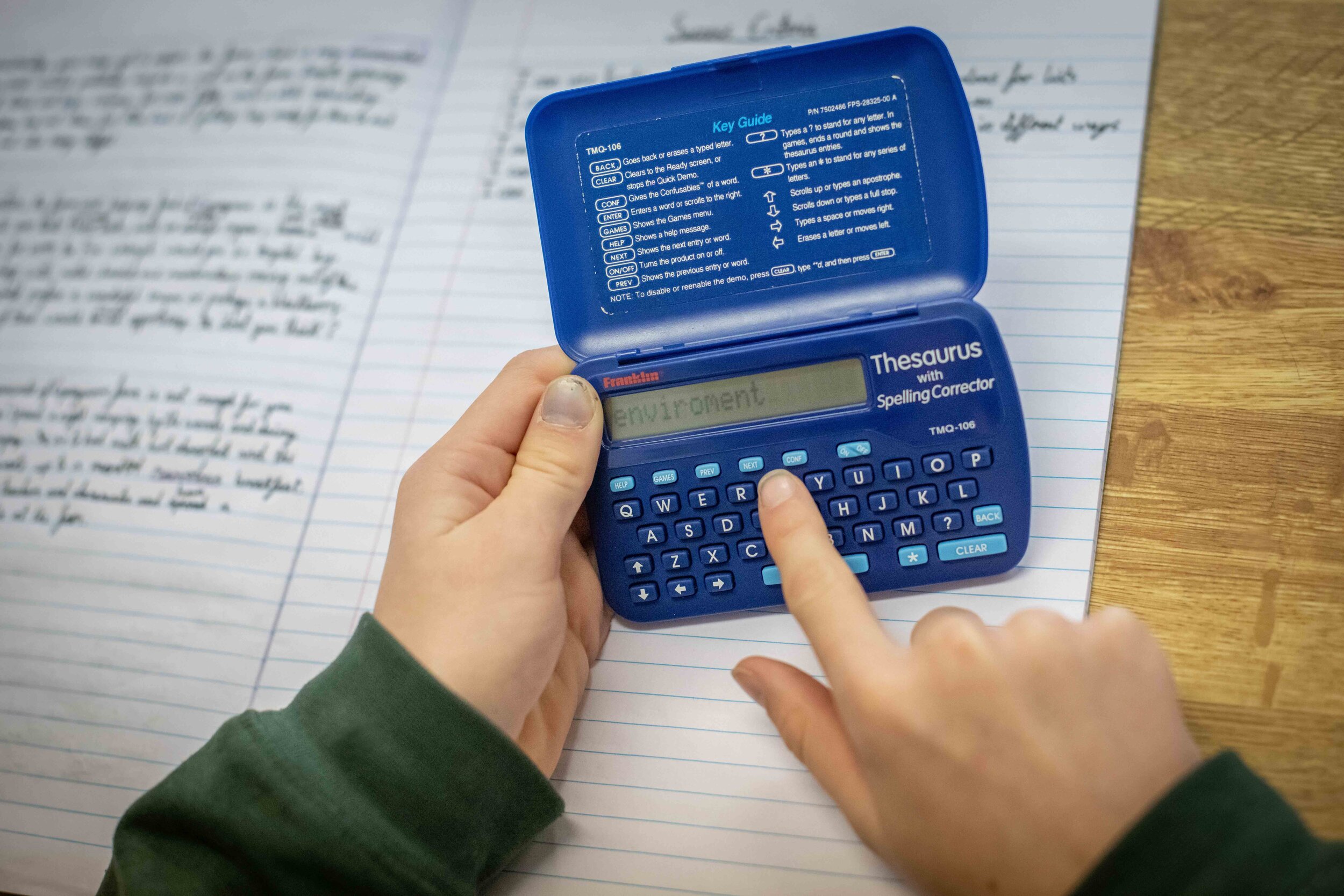English
English
“Your warm and friendly nature really sets the tone of the school, thank you for all you do for our children.”
Learning to read and write should be a magical experience. A child’s reading skills develop at an early age and continue to grow while listening to stories, choosing books and discovering the joy of sharing ideas through writing. Literacy is key to a child’s success at school and we believe passionately in helping each child build their individual skills so that they can access the broader curriculum.
-
It is our intent to provide pupils with a high-quality education in English that will teach pupils to speak, read and write fluently so that they can communicate their ideas and emotions to others effectively. We intend for our pupils to become enthusiastic and motivated readers who can use their love of reading to develop their language and communication skills alongside their writing talents.
With regard to reading, phonics will be emphasised in the early teaching of reading to beginners when they start school or when additional support is required across the school. As part of this process, we will equip the children with the skills to decode words in order to be able to read fluently with an understanding of what they have read.
We intend to encourage all pupils to read for pleasure and purpose across both fiction and non-fiction in order for them to develop their knowledge of themselves and the world in which they live, to establish an appreciation and love of reading, to gain knowledge across the curriculum and develop their comprehension skills. It is our intention to ensure that, by the end of their primary education, all pupils are able to read fluently, and with confidence, in any subject, thus preparing them for their future lives.
-
Phonics Scheme
-
We begin teaching phonics in the first few weeks of term 1 in Reception and children make rapid progress in their reading journey. Children begin to learn the main sounds heard in the English Language and how they can be represented, as well as learning ‘Common Exception’ words for Phases 2, 3 and 4. They use these sounds to read and write simple words, captions and sentences. Children leave Reception being able to apply the phonemes taught within Phase 2, 3 and 4.
In Year 1 through Phase 5a, b and c, they learn any alternative spellings and pronunciations for the graphemes and additional Common Exception Words. By the end of Year 1 children will have mastered using phonics to decode and blend when reading and segment when spelling. In Year 1 all children are screened using the national Phonics Screening Check.
In Year 2, phonics continues to be revisited to ensure mastery of the phonetic code and any child who does not meet age related expectations will continue to receive support to close identified gaps.
For further details please see the links to the Unlocking Letters and Sounds progression below:
To ensure no child is left behind at any point in the progression, children are regularly assessed and supported to keep up through bespoke 1-1 interventions. These include GPC recognition and blending and segmenting interventions. The lowest attaining 20% of pupils are closely monitored to ensure these interventions have impact.
-
At Oakridge we promote a 'phonics first' approach and in both our guided reading sessions at school and in the books children take home, texts are very closely matched to a child's current phonics knowledge so that every child can experience real success in their reading.
In these crucial early stages of reading we primarily use books from Ransom Reading Stars (alongside other fully decodable books which linked to Letters and Sounds), who we worked in partnership with when creating Unlocking Letters and Sounds to ensure complete fidelity to the phonic progression we follow.
Once children progress beyond decodable texts, they move onto our book scheme so that they can continue to progress in their decoding, fluency and comprehension skills to become avid, expert readers.
-
When children have completed the ULS programme, which for many children is during Year 2, children are given more of a comprehension focus in how they learn. We want our children to experience a variety of different texts and genres, therefore have a set of reading lists in place for each year group to work through. Teachers introduce texts to children that they know will engage, challenge and create a love for Reading. If necessary, teachers may choose to use texts that relate to their current theme, however, they mostly consider what reading skills their particular year group will be gaining from these texts.
Whole Class Guided Reading lessons occur weekly from Year 3 to Year 6 and always consist of a comprehension focus. However, we want our children to see this as much more than just answering questions about texts, but opportunities for discussion, self-reflection and understanding. Teachers always plan their lessons with particular skills in mind, many of which they get from the frameworks we use and our assessment data provided by Star Reader and ORCS. These skills include the DERIC (Decode, Explain, Retrieve, Interpret/Infer, Choice) approach in KS1 and continue with ERIC in KS2 as we also look at further comprehension skills such as vocabulary, prediction and summary style questions.
Teachers may focus on one of these particular skills in a lesson, however, might also teach about several of them if necessary. Nevertheless, teachers also focus on other reading skills they feel might be important to their individual classes, which range from pinpointing key facts in texts to how to skim through larger texts to find the information they need.
Children in each year group also complete regular assessments in Reading, ranging from one to two every term. This provides teachers with a clear understanding of the progression their children are making in Reading, which also gives them a clear idea of how their children can move forward in the subject and spot any gaps which may need addressing. We also assess children’s fluency using a fluency rubric which allows us to identify areas most in need of improvement. Children are assessed through Rising Stars Reading and the ORCS Comprehension Conversation, which also identifies strengths and weaknesses for each child.
When children complete a piece of Reading work, we also see marking and feedback as a fundamental way of making sure our children know how to move forward. Every child’s work is marked at the end of a reading lesson or given immediate verbal feedback and we aim to always celebrate their achievements in that particular lesson. Children also have opportunities to edit their work where necessary, which should help clear any misconceptions from the lesson, as well as give them opportunities to up-level their work.
-
As well as completing at least three Reading lessons per week, teachers throughout school aim to have one to one time with their children at some point in the week to listen to them read their school book which is chosen from books in their current area of challenge. During this time, teachers focus on both the children’s fluency and understanding while reading a variety of text types. Children progress through different reading zones as they move through school, which allow them to continue learning new reading skills and become more familiar with different text types.
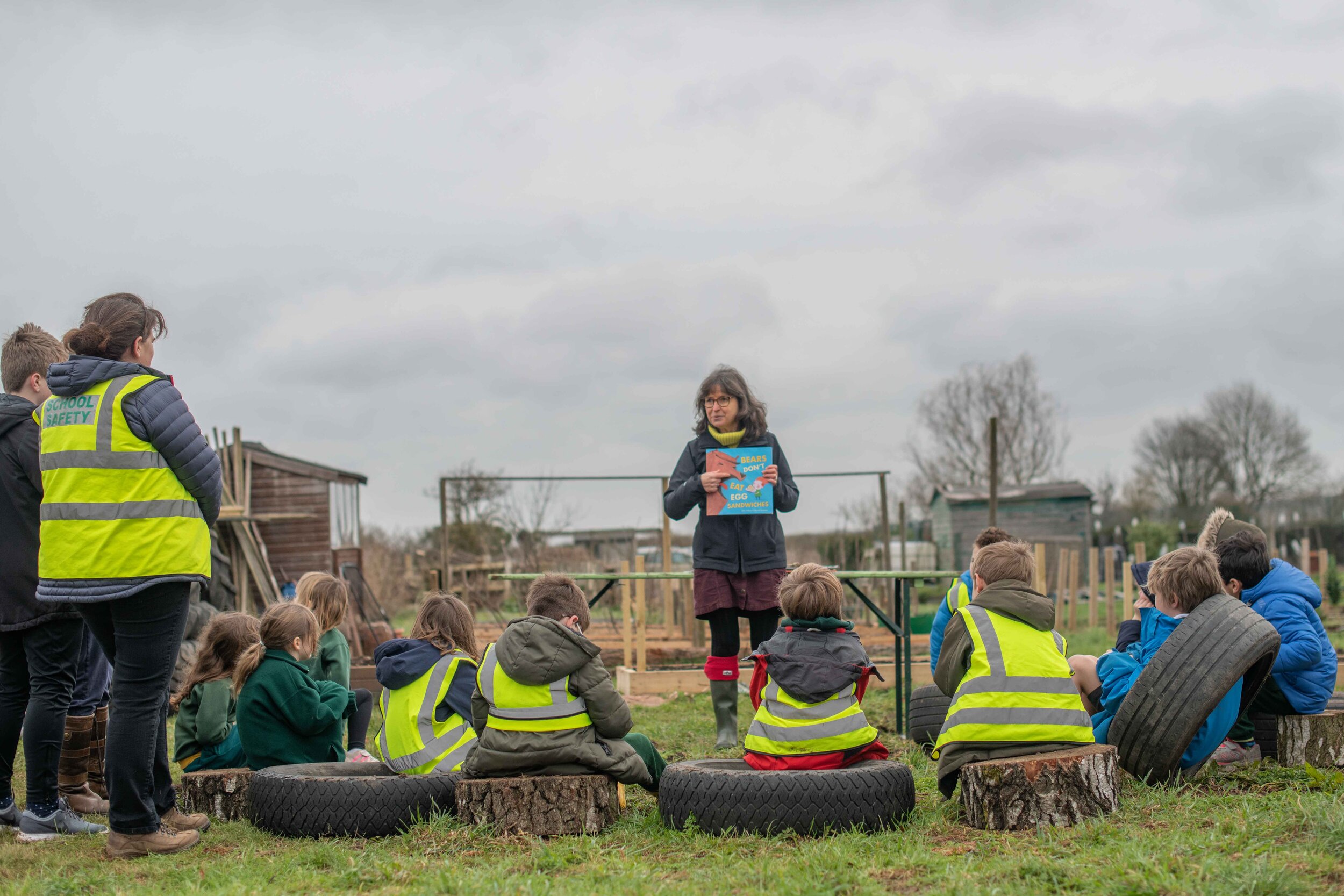
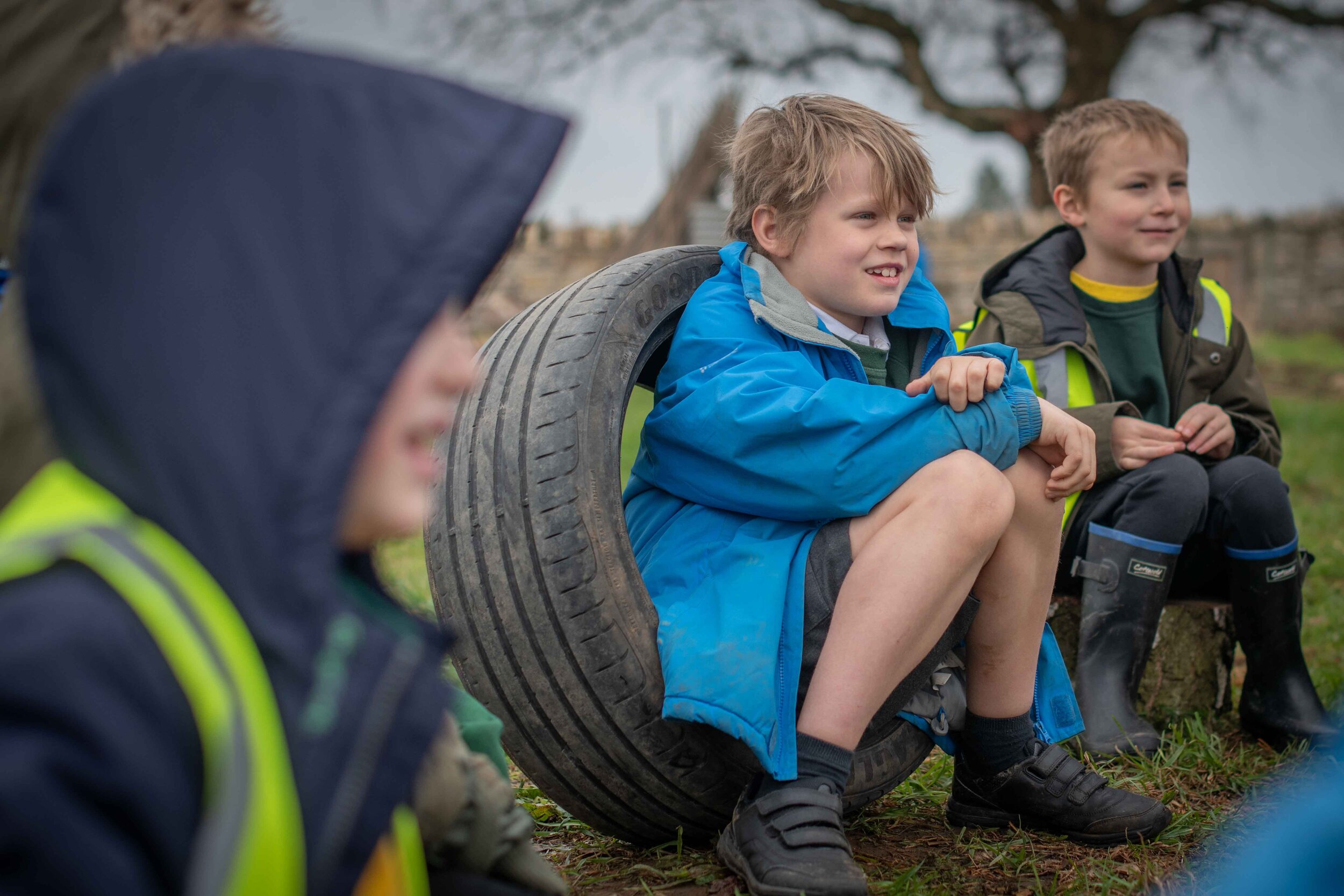
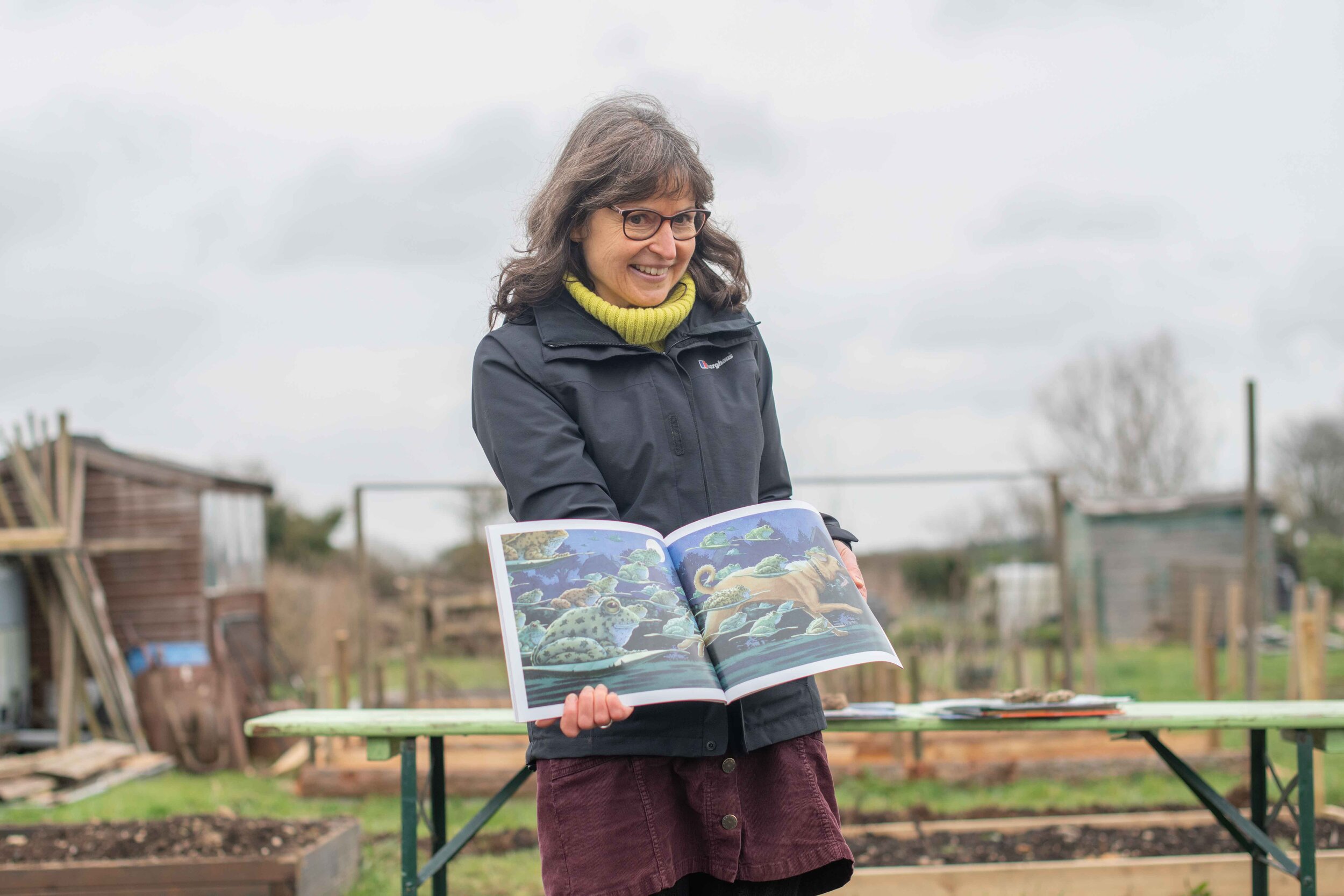
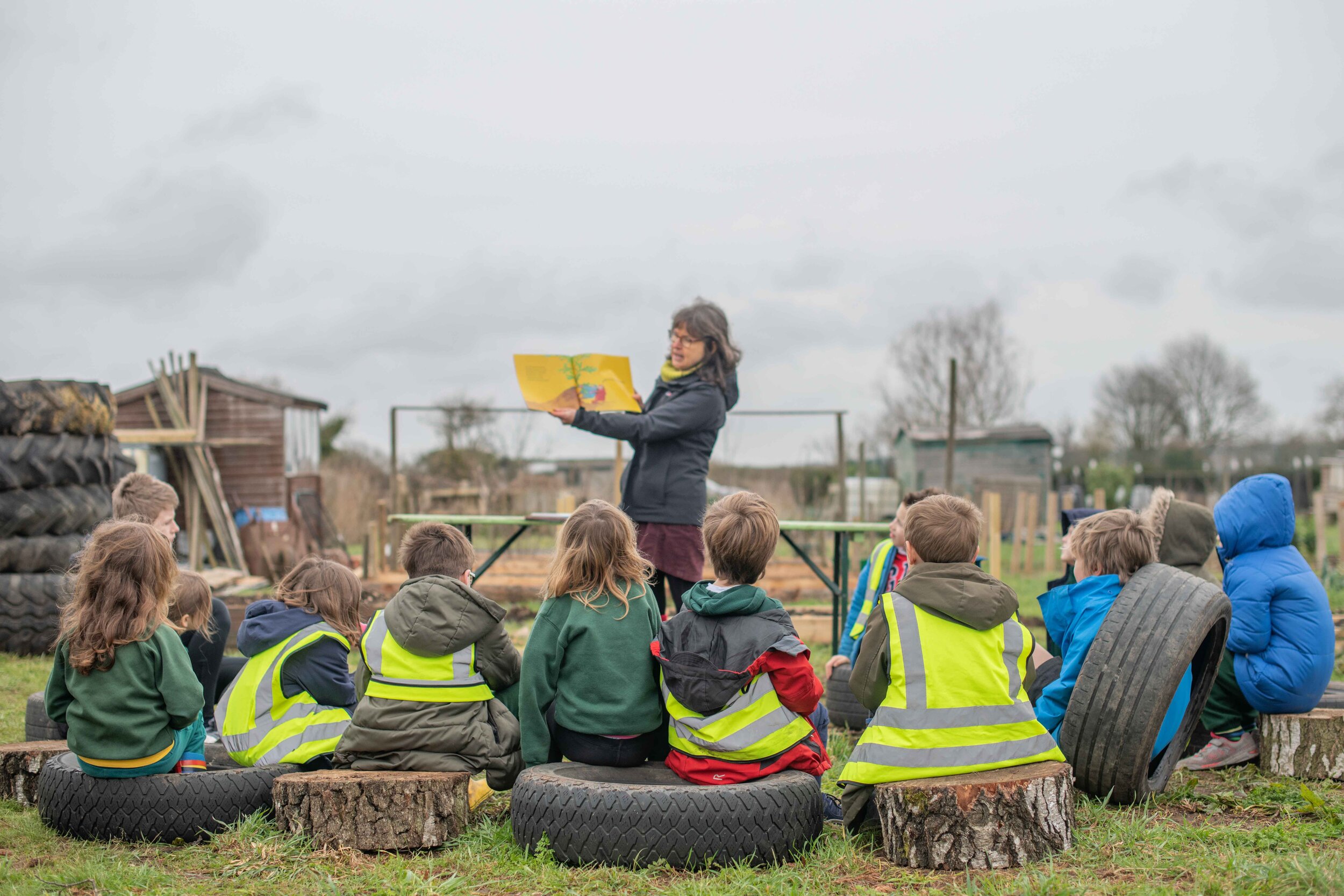
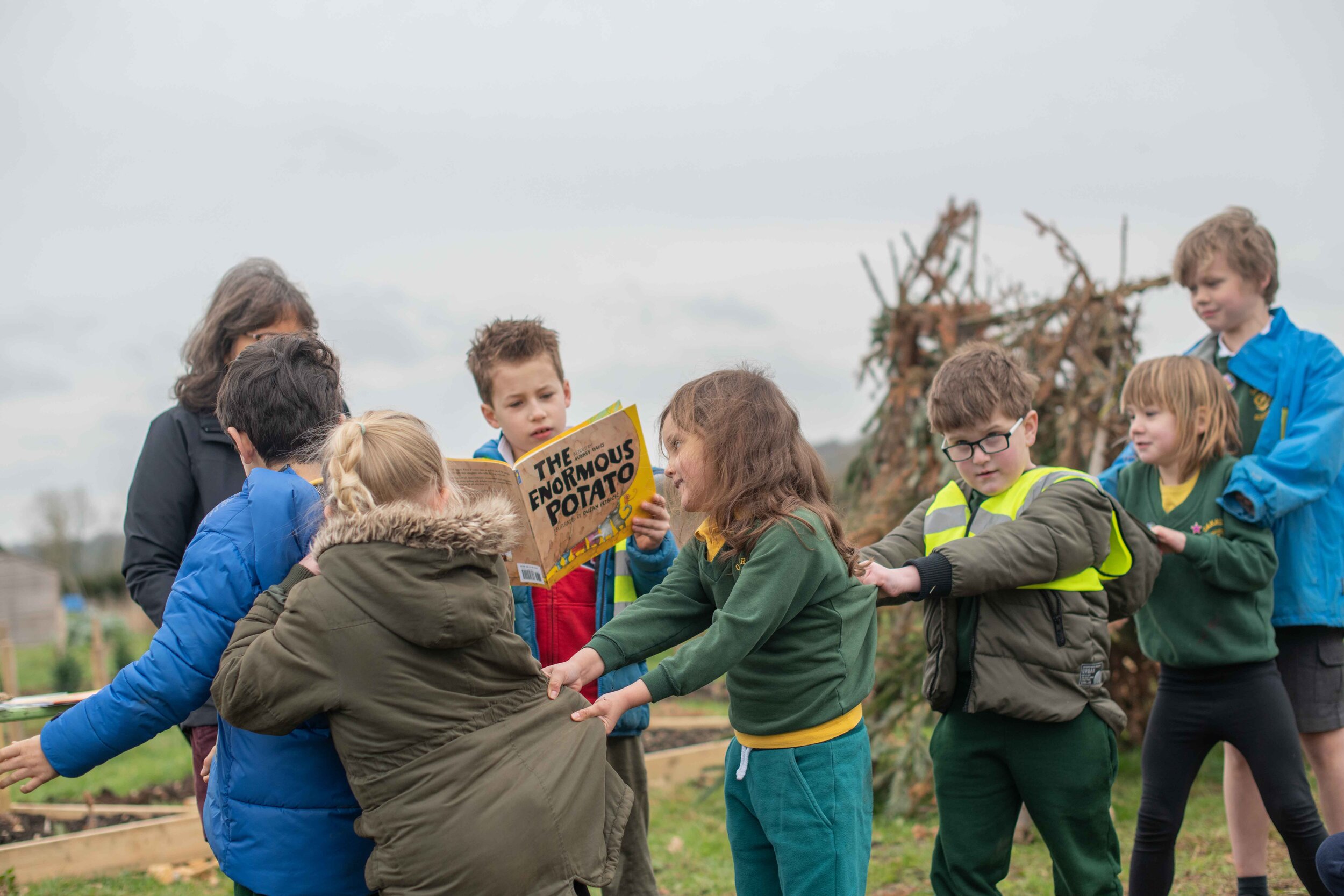
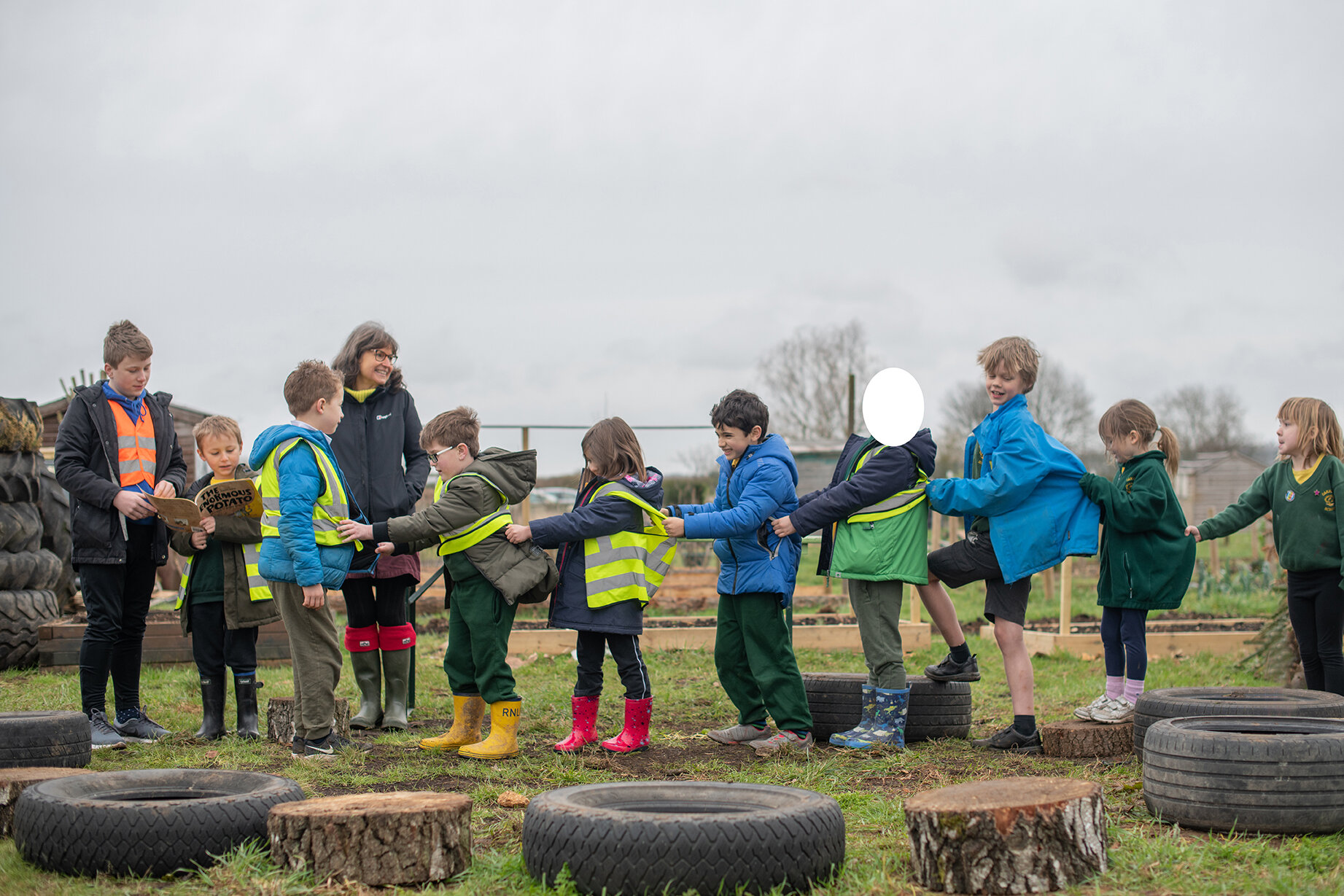
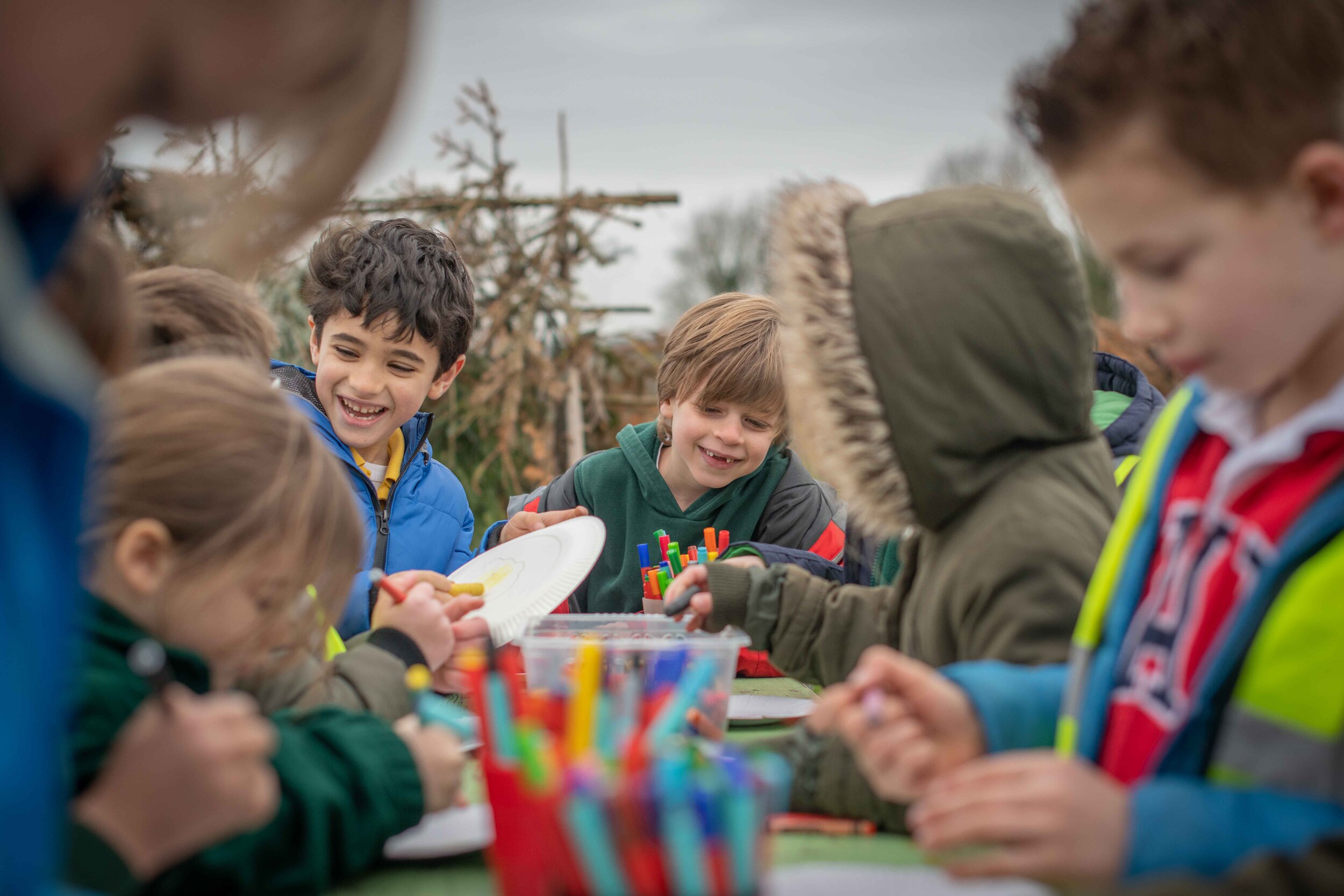
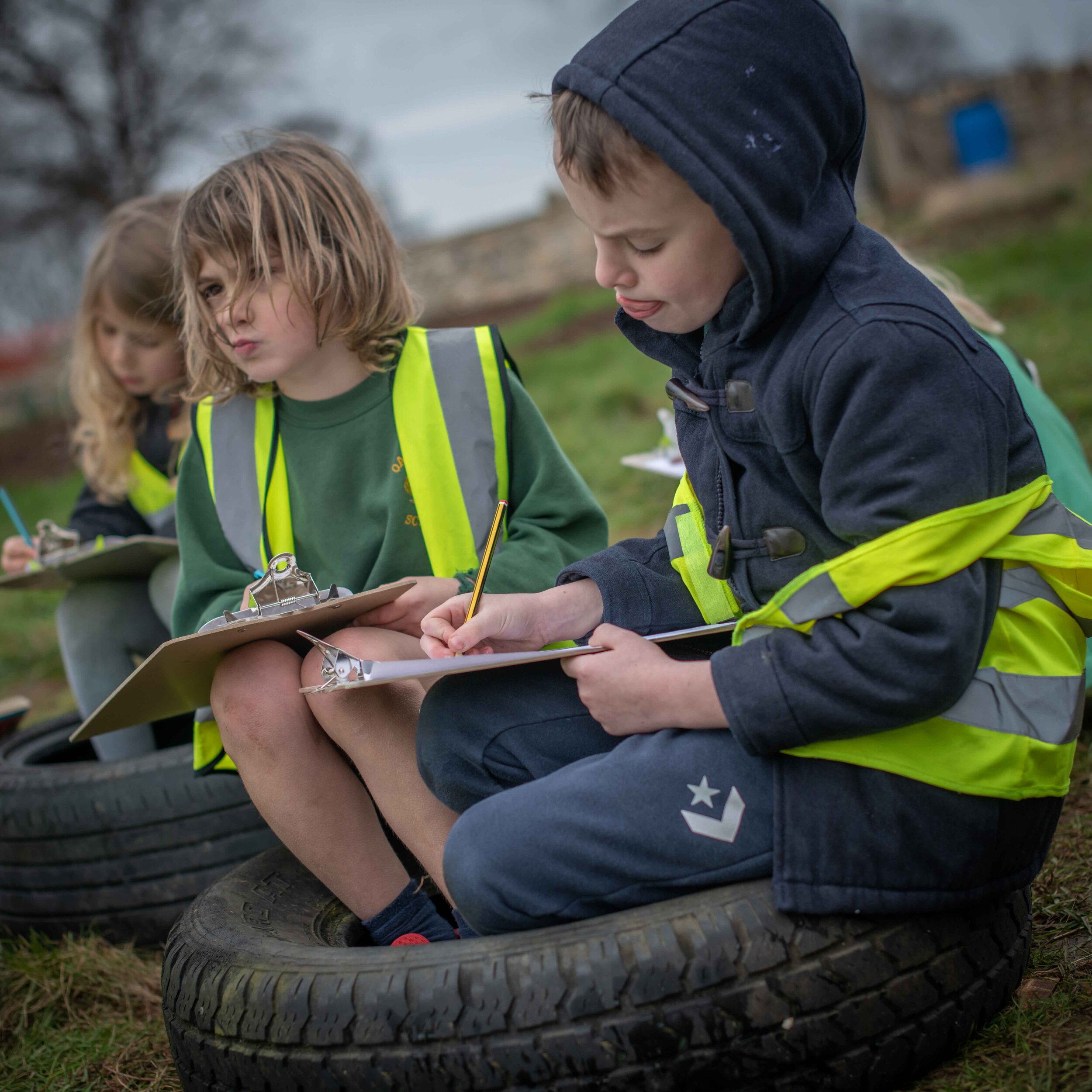
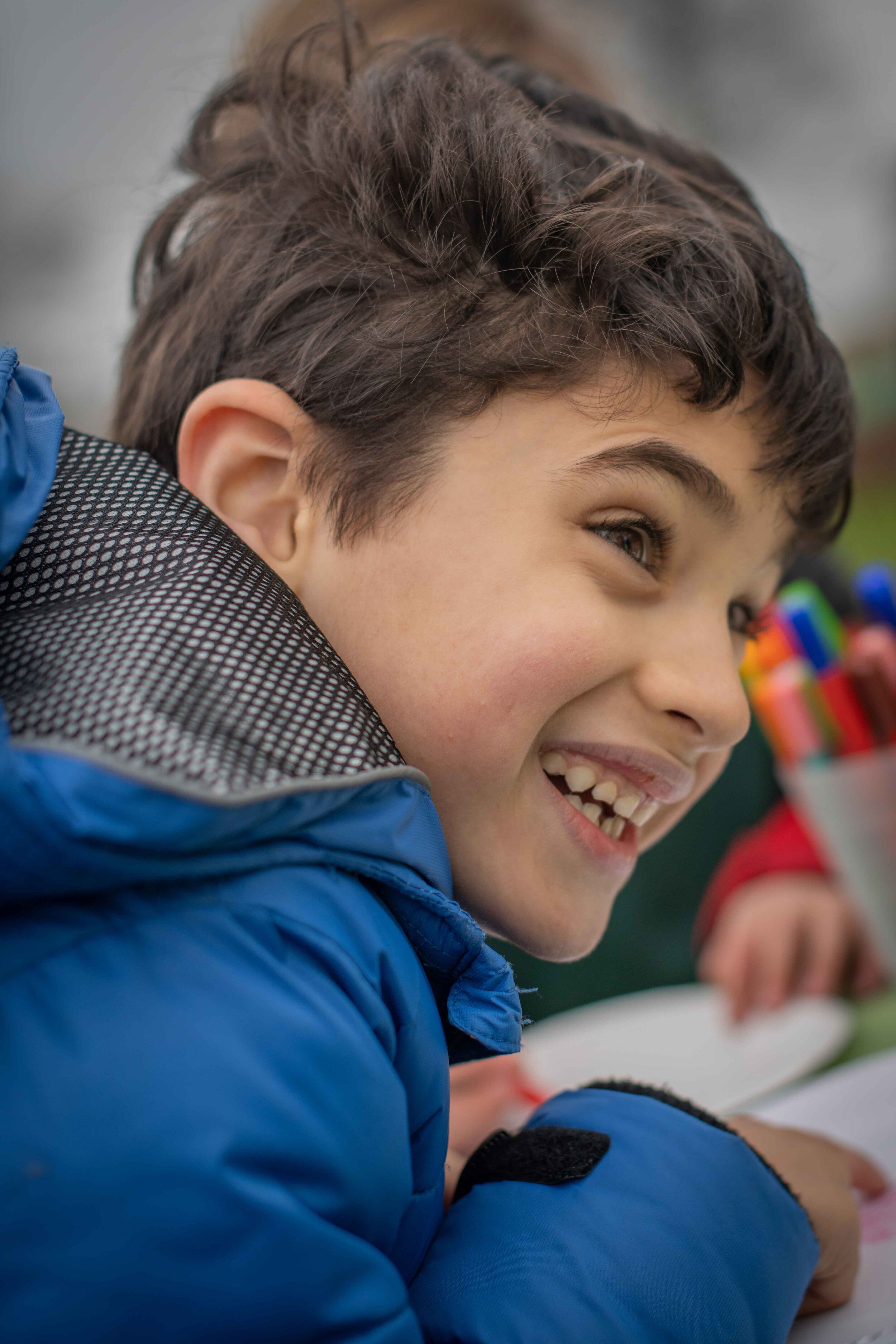
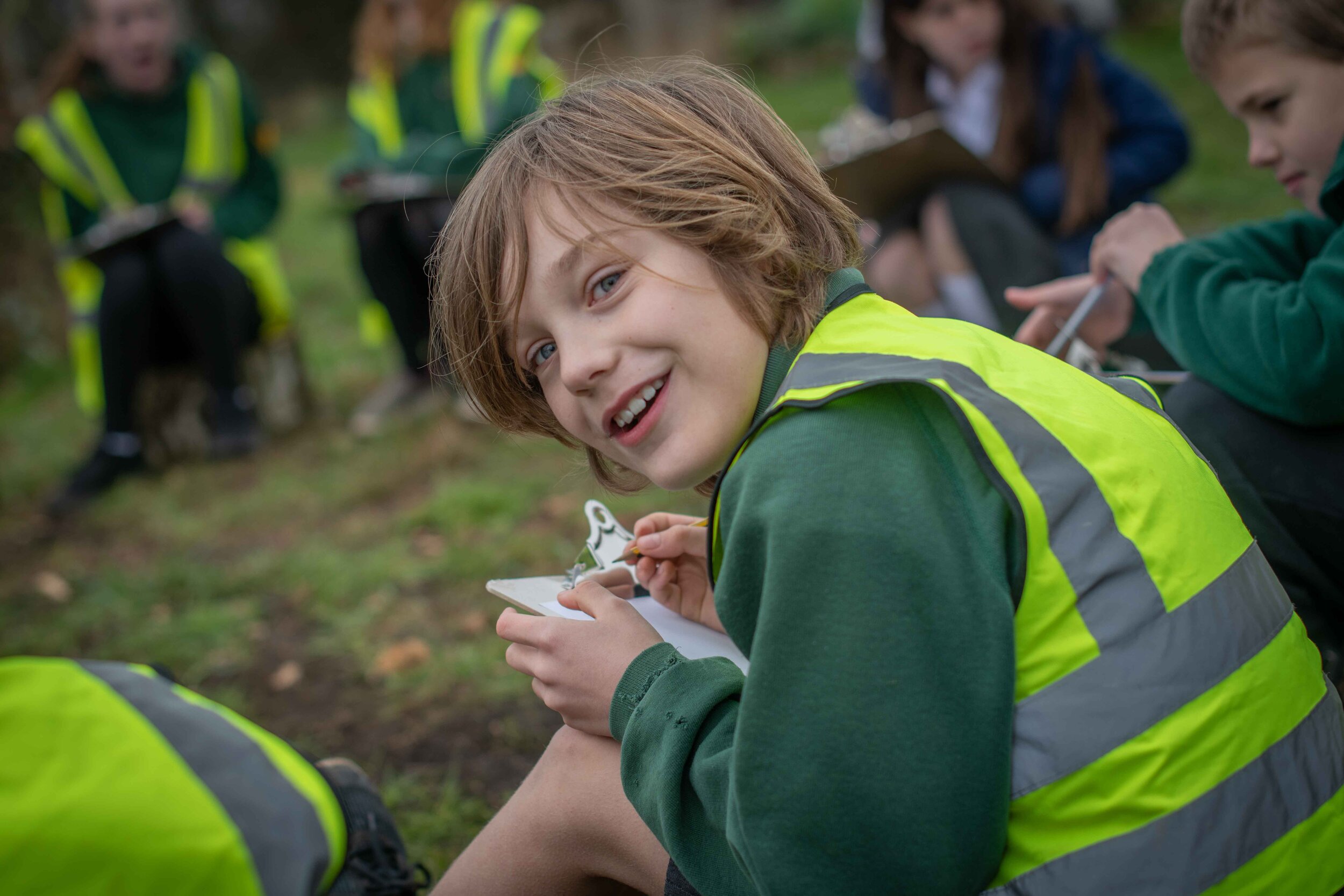
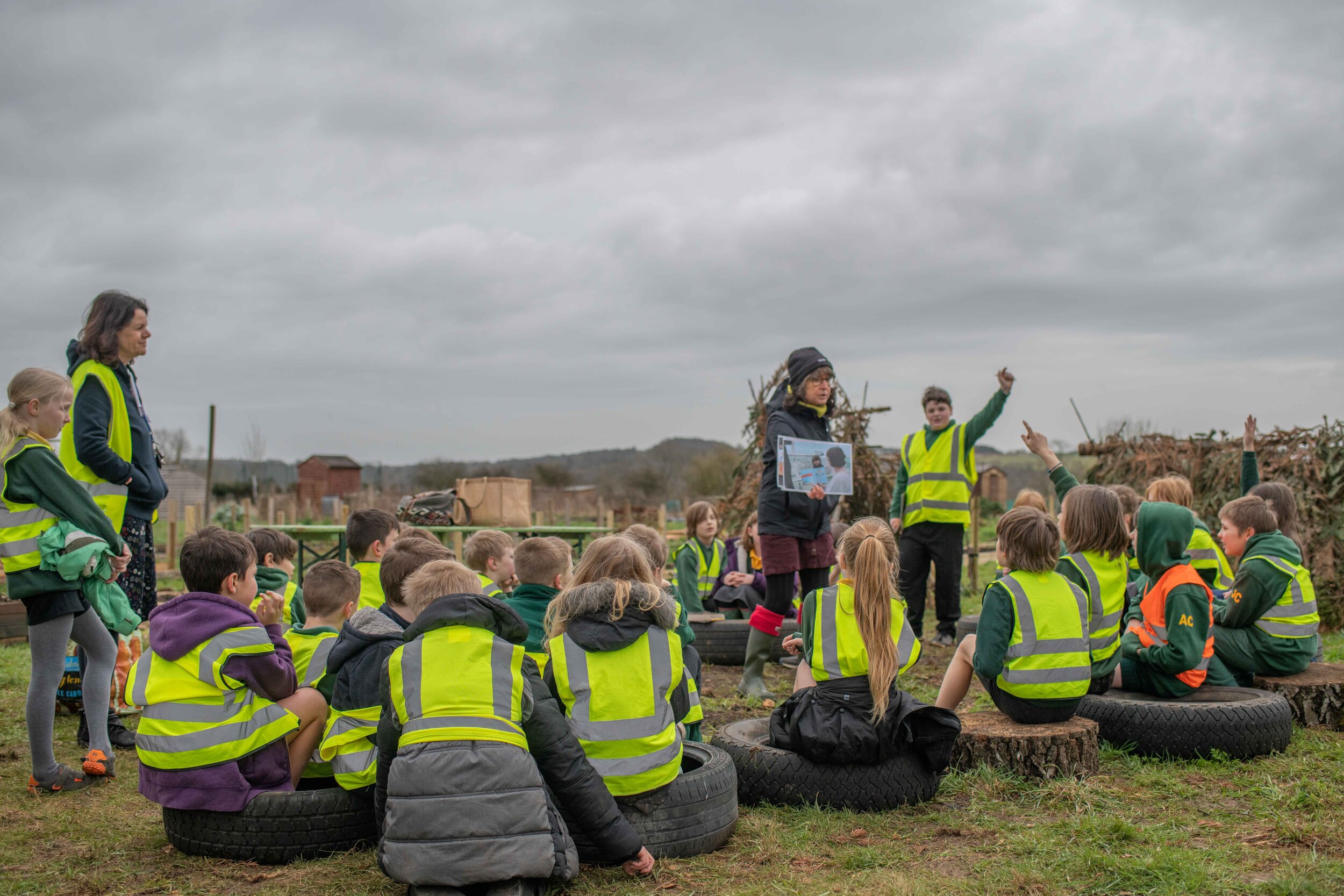
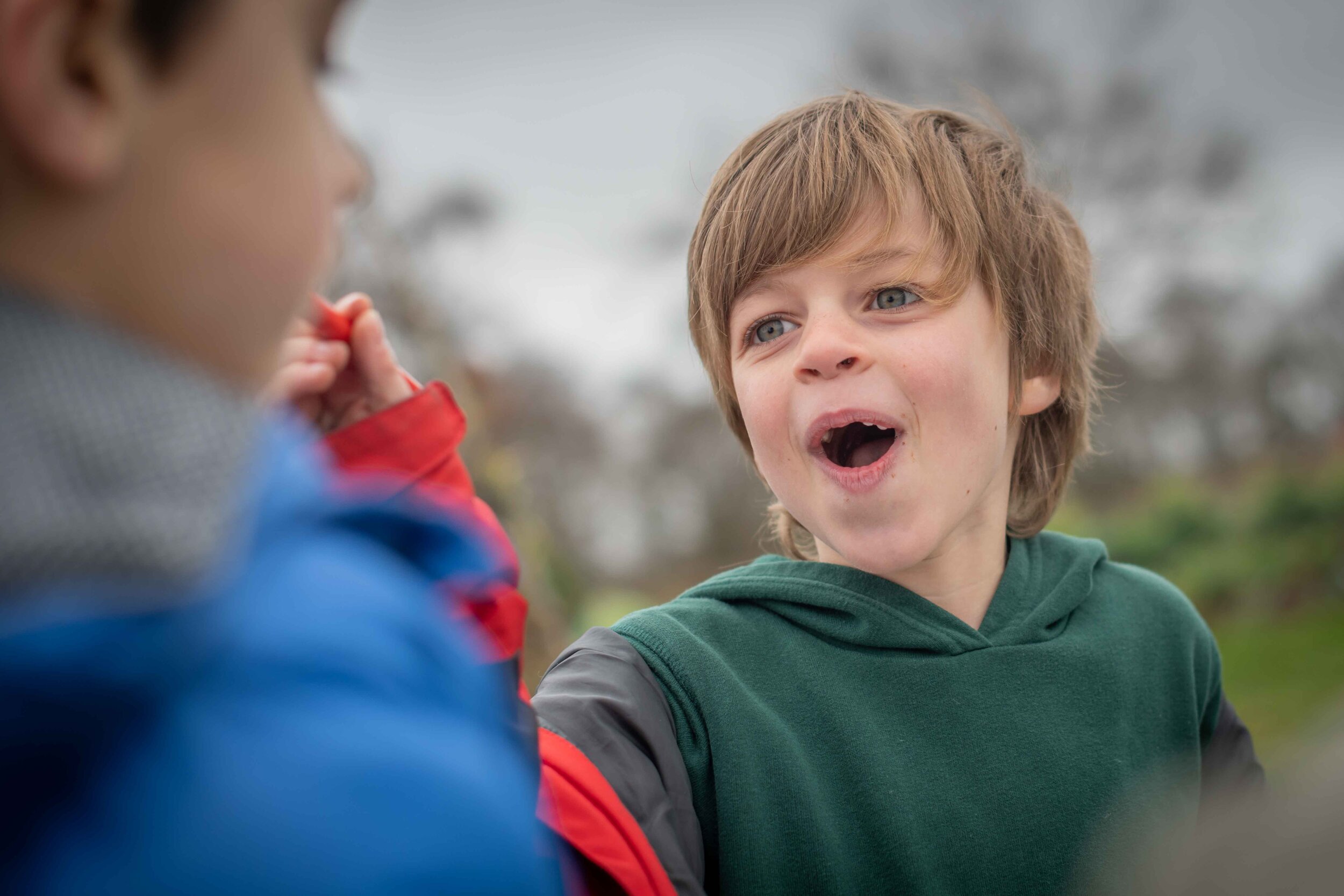
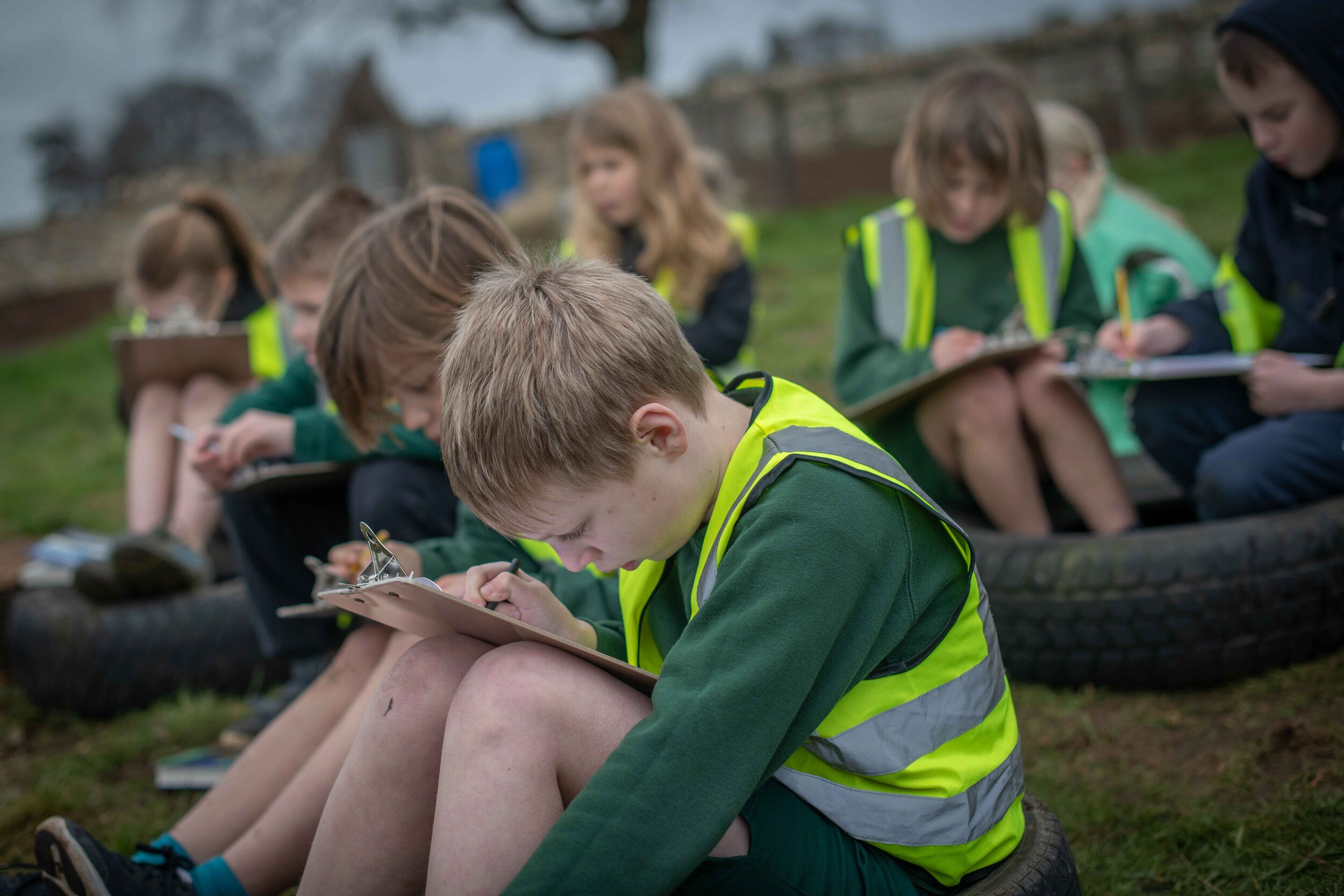
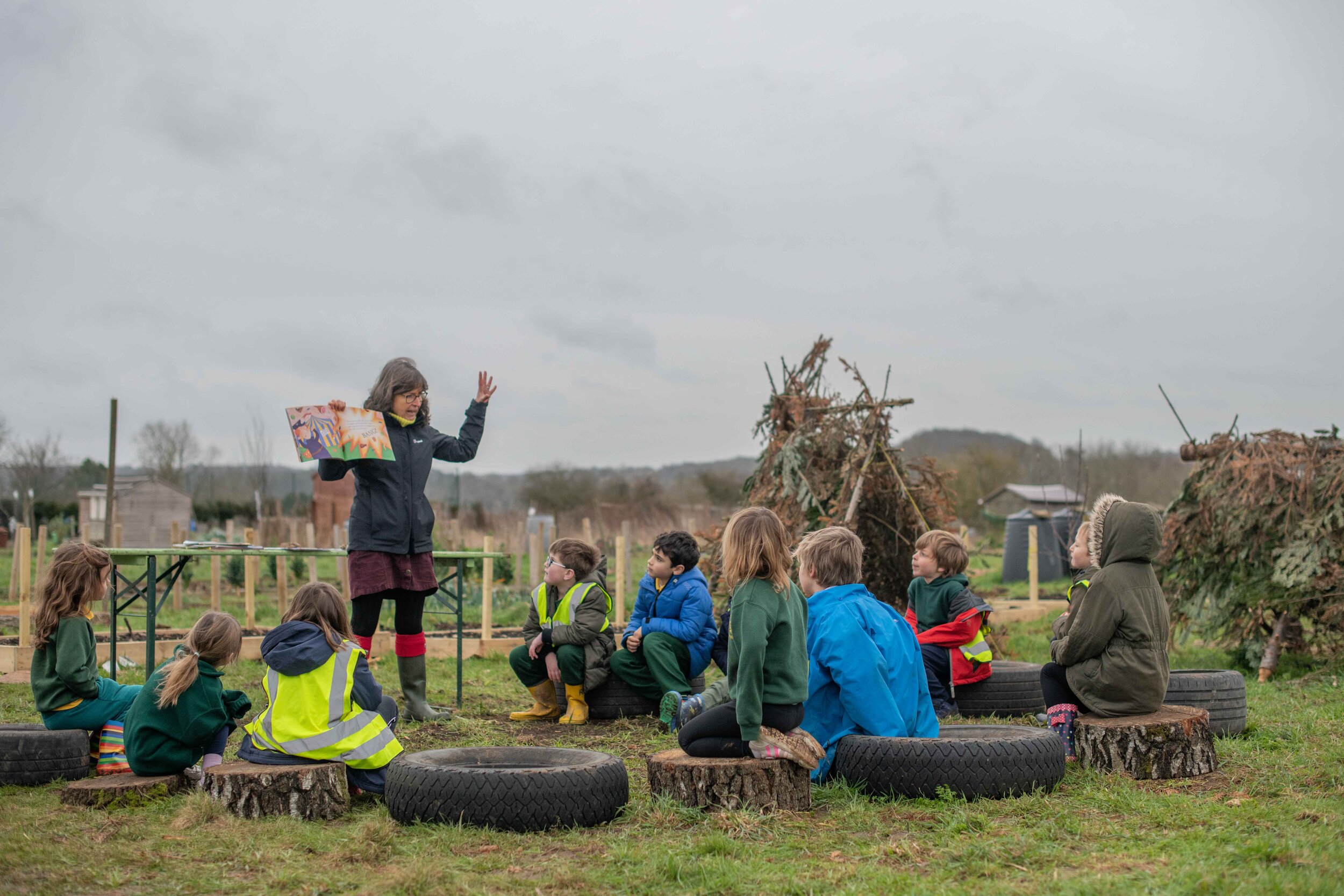
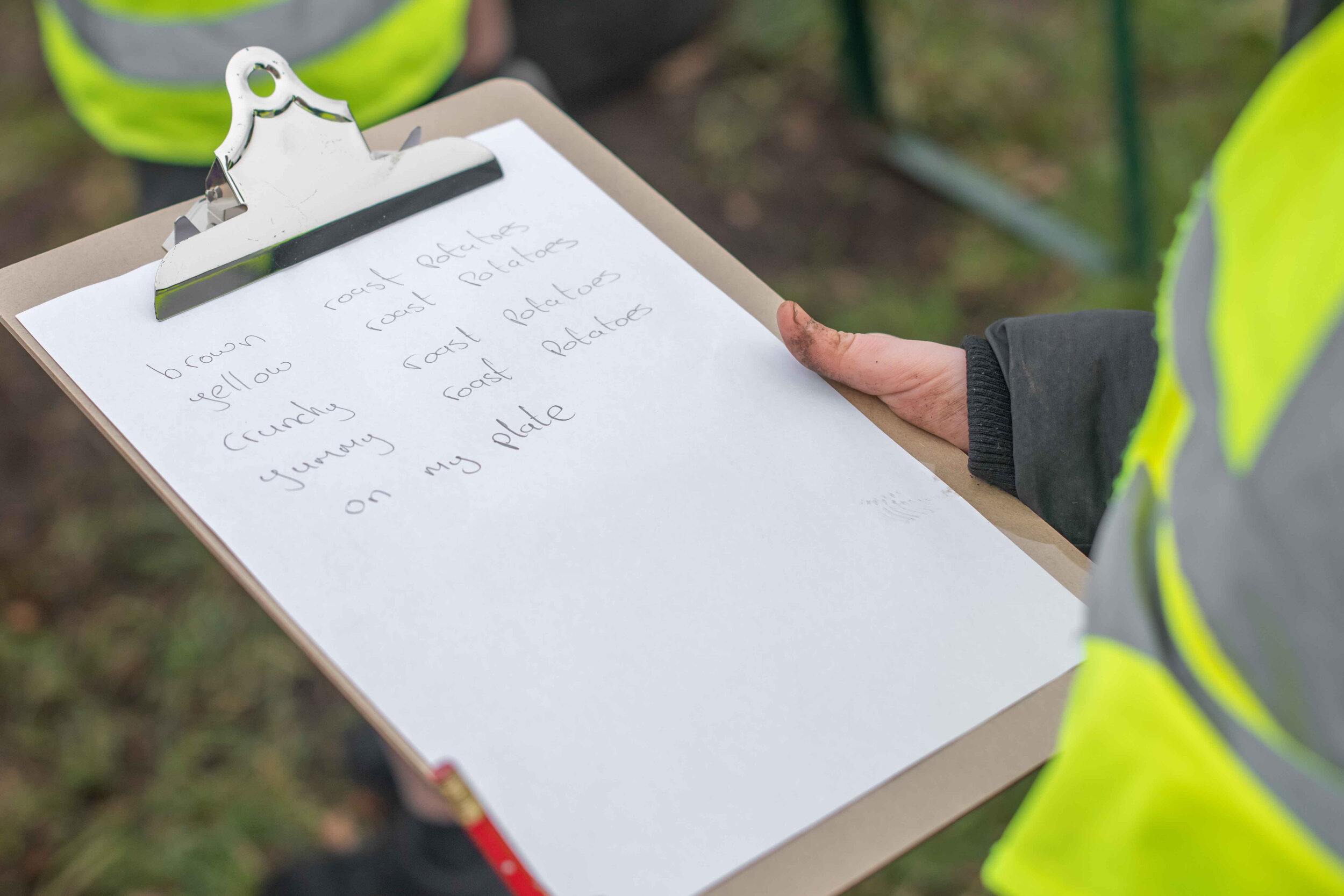
Bears Don’t Eat Egg Sandwiches

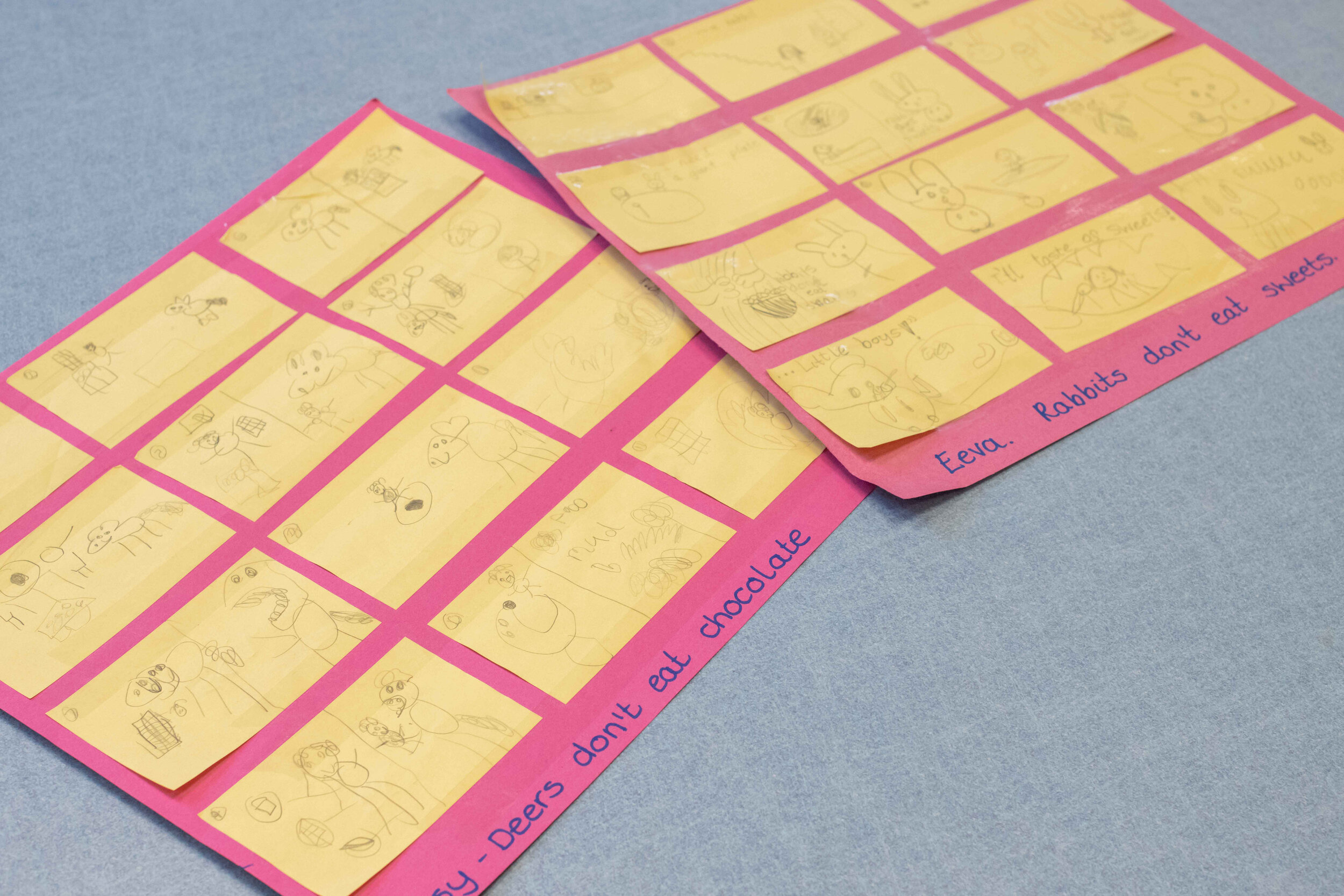
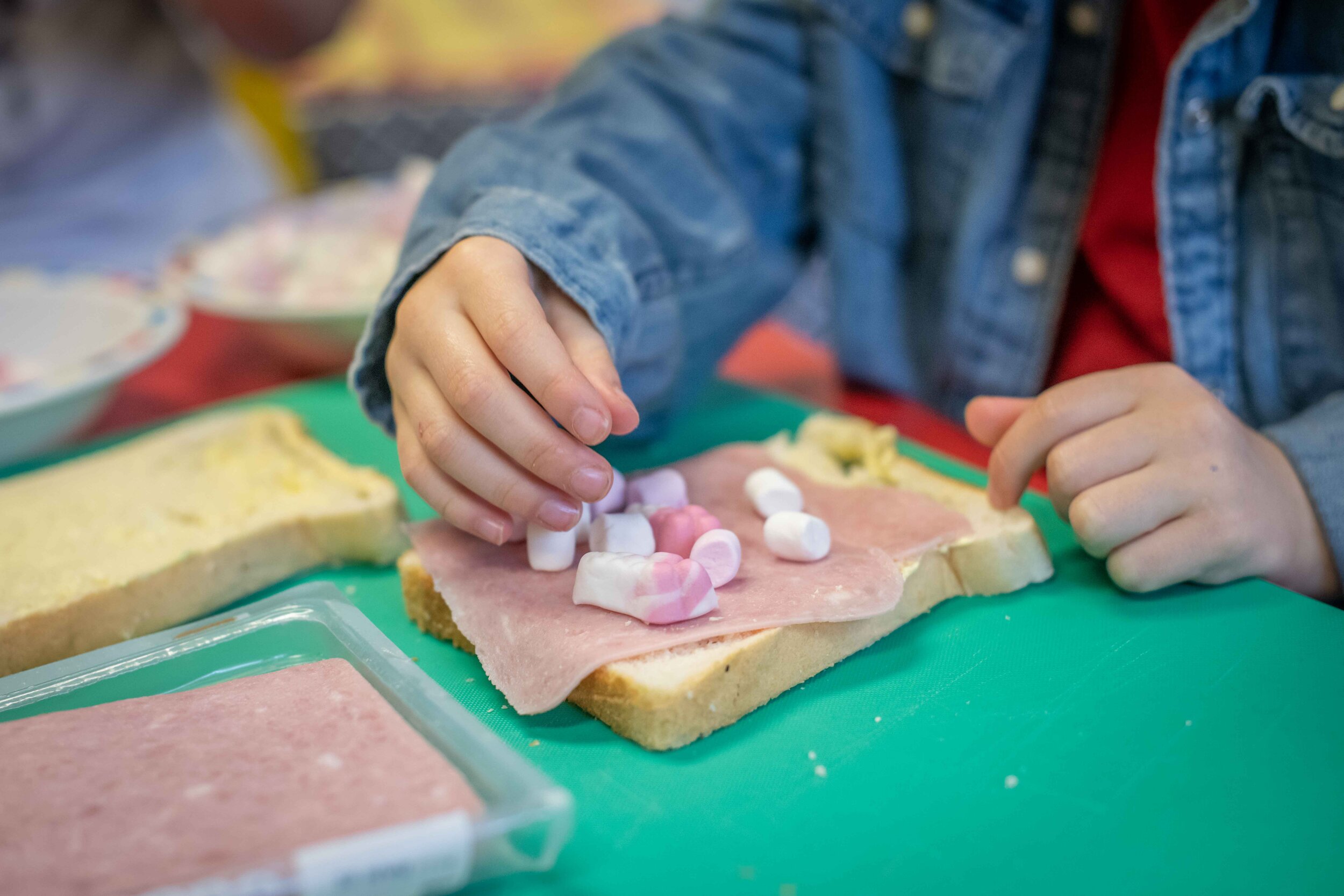
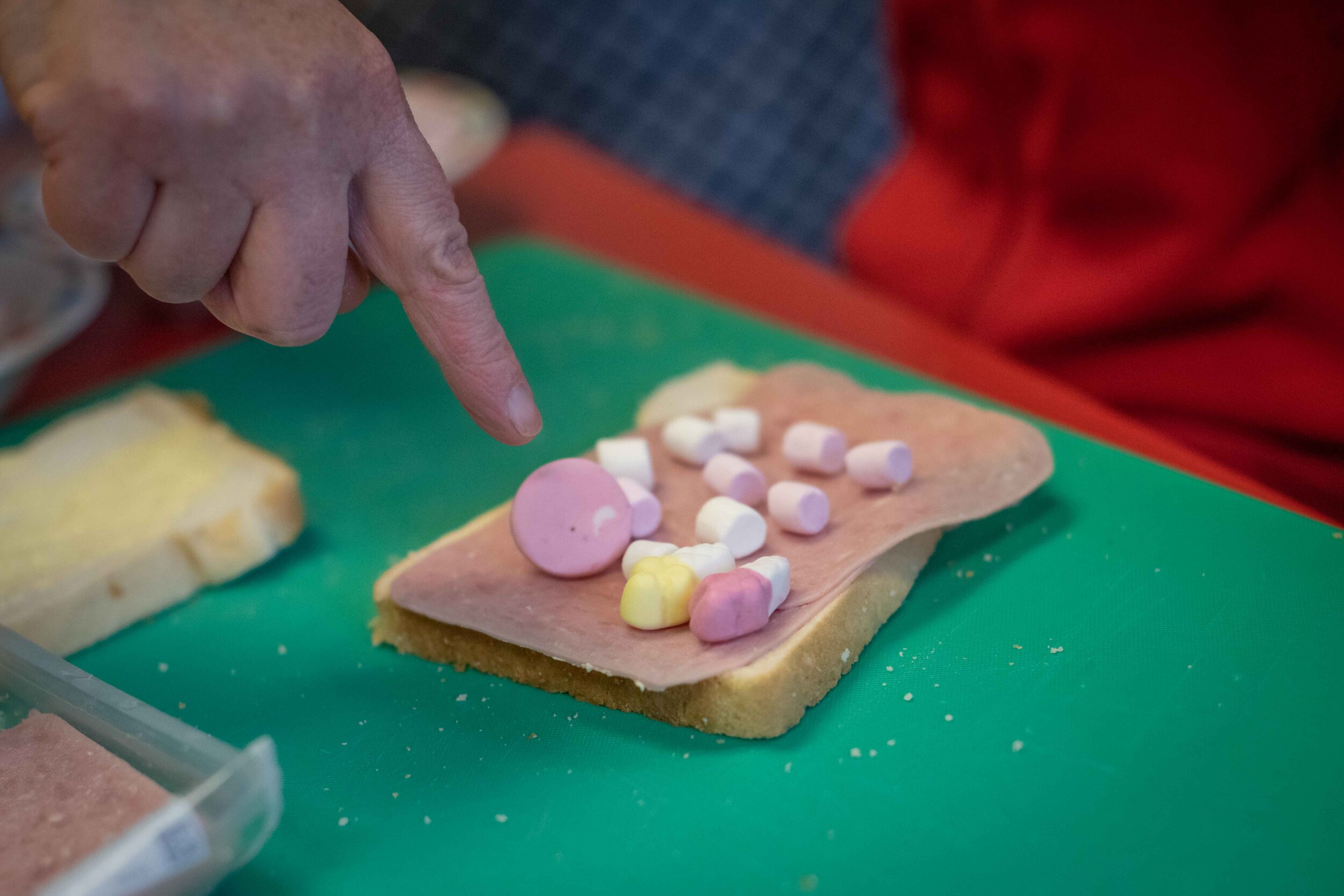

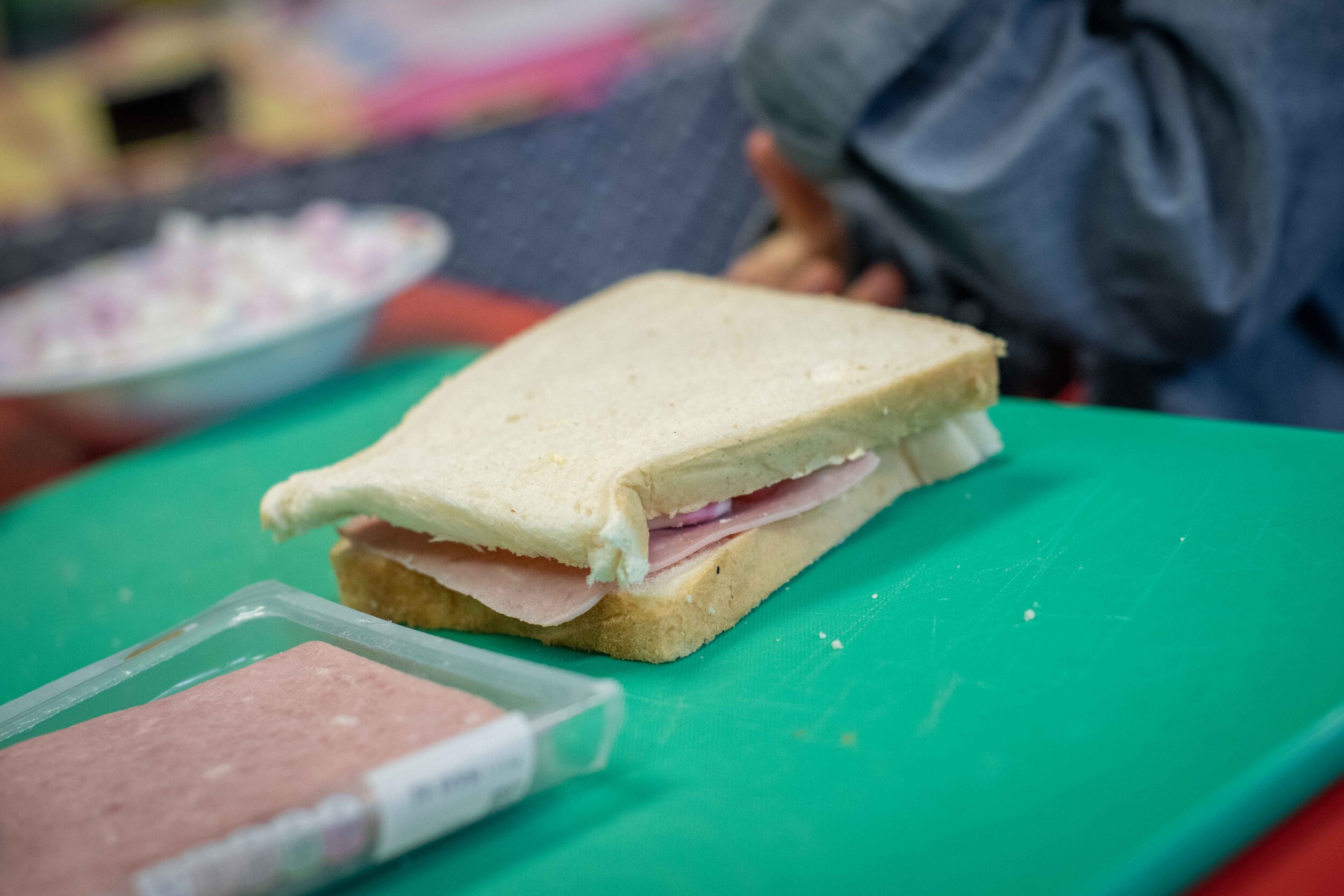
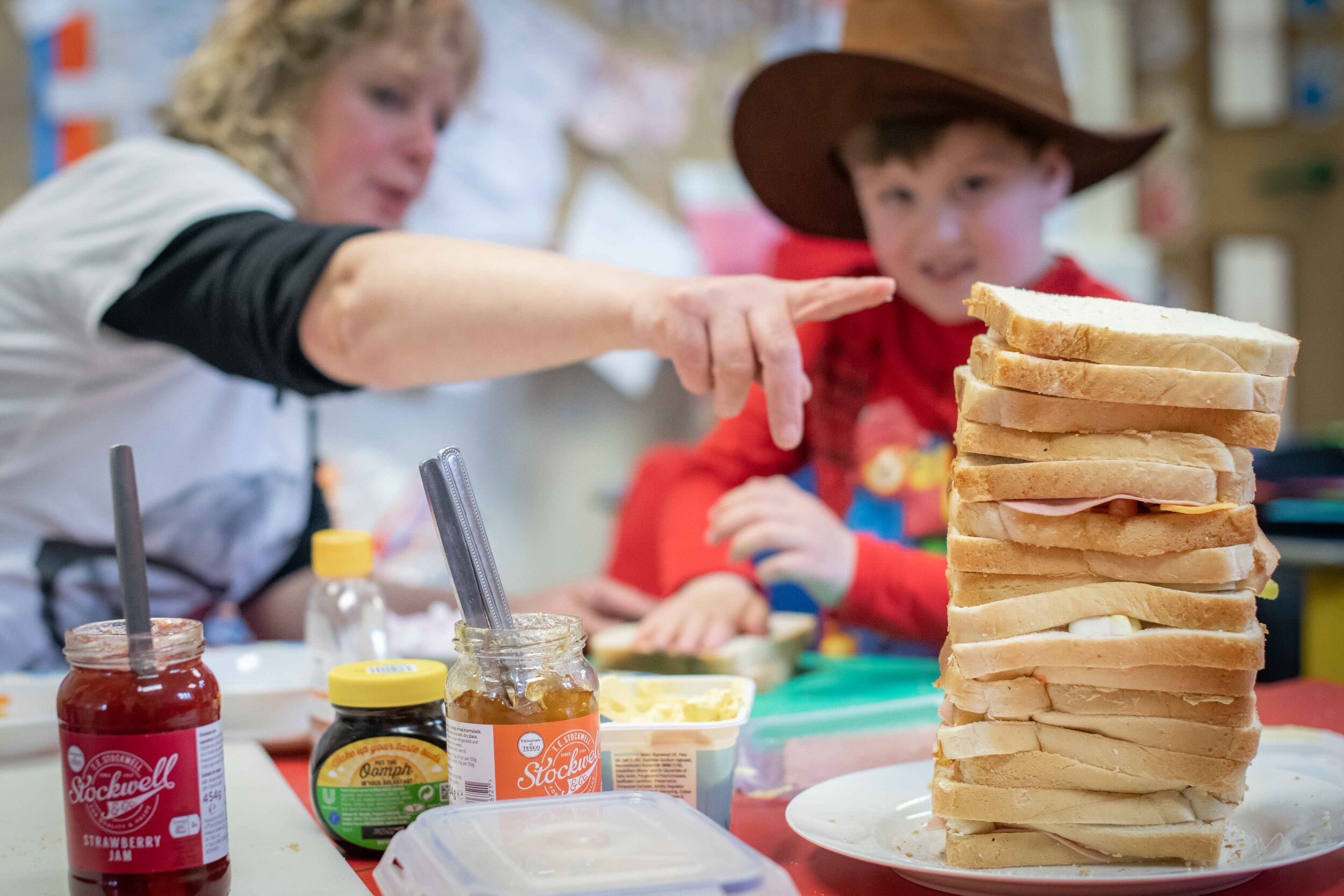
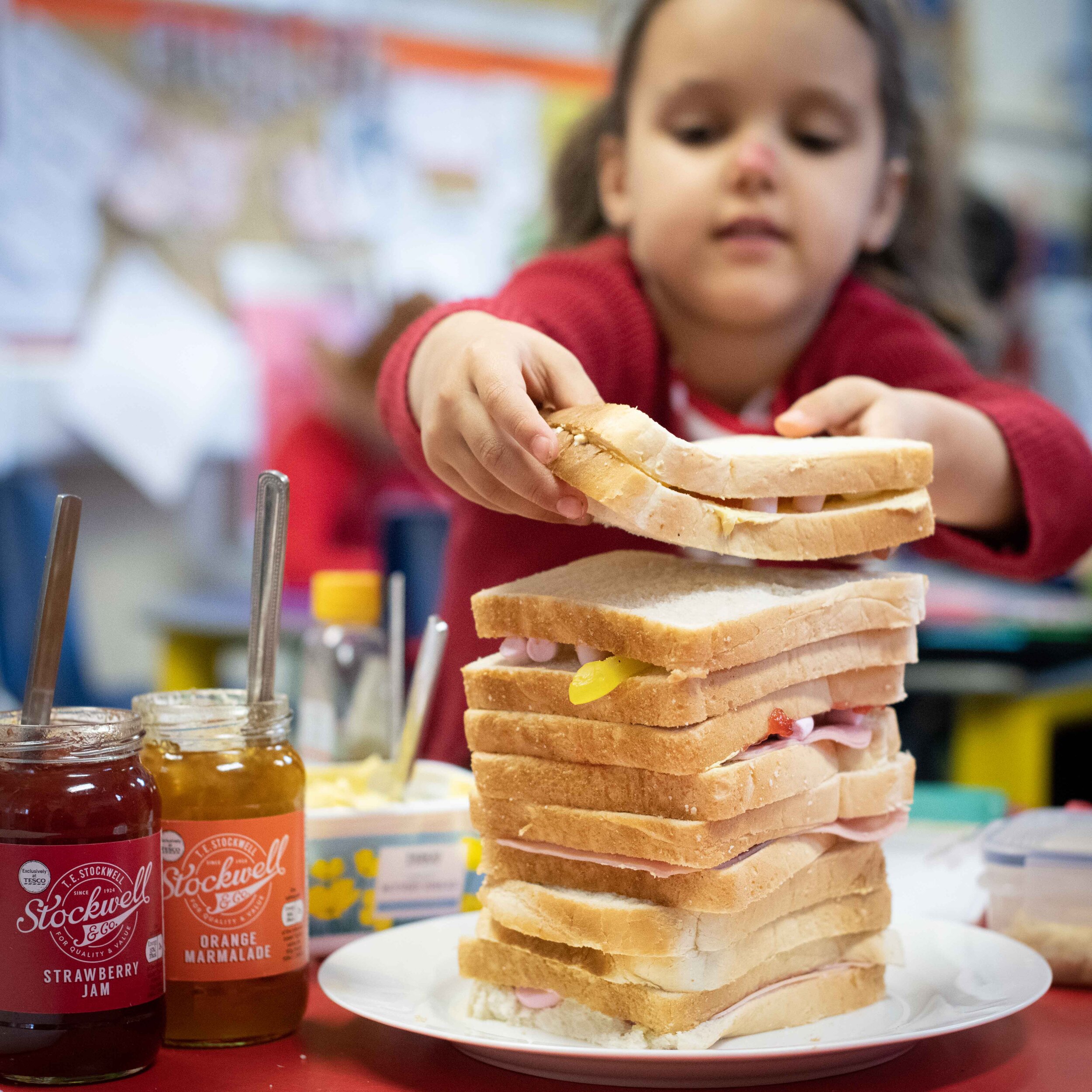
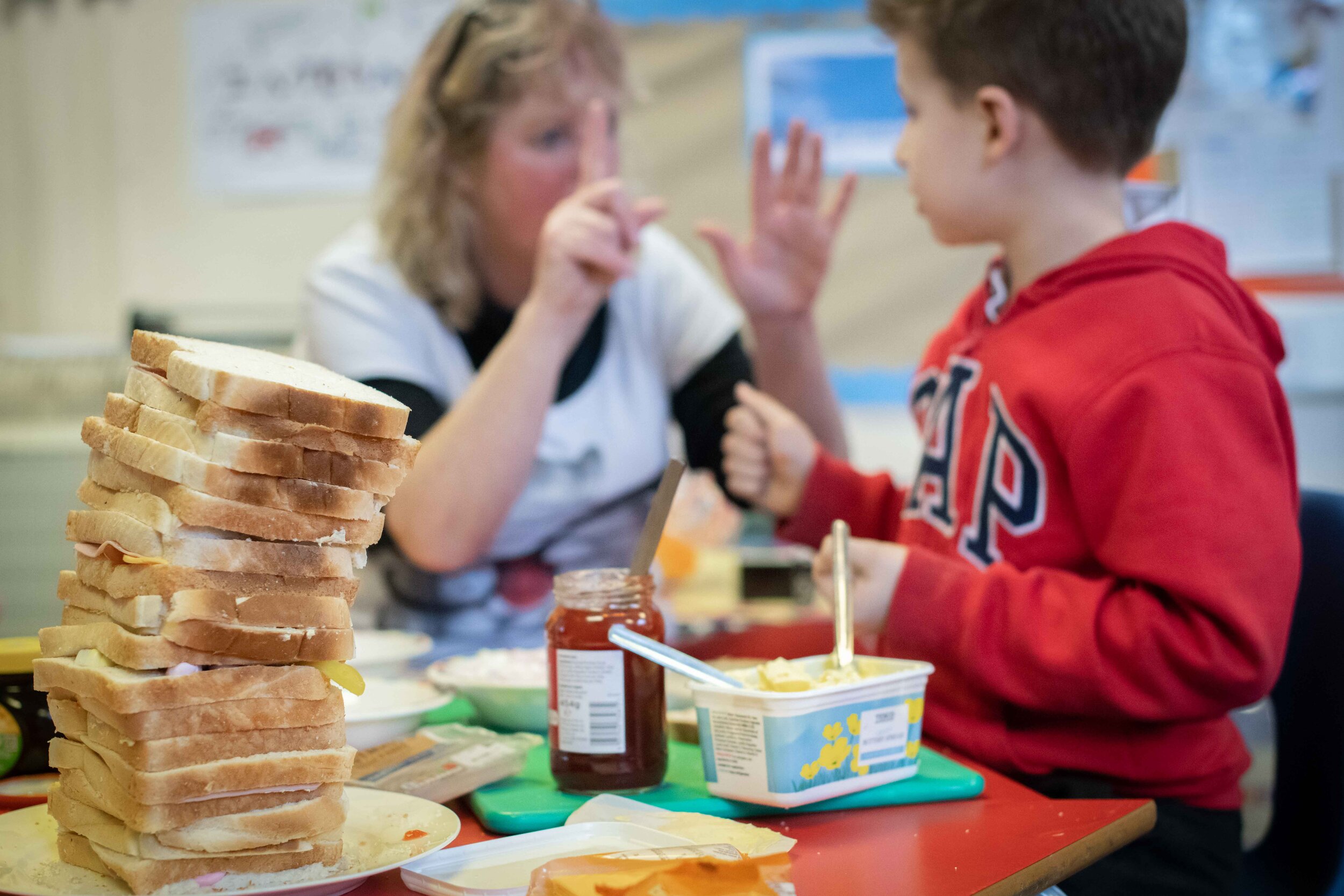
Classwork
